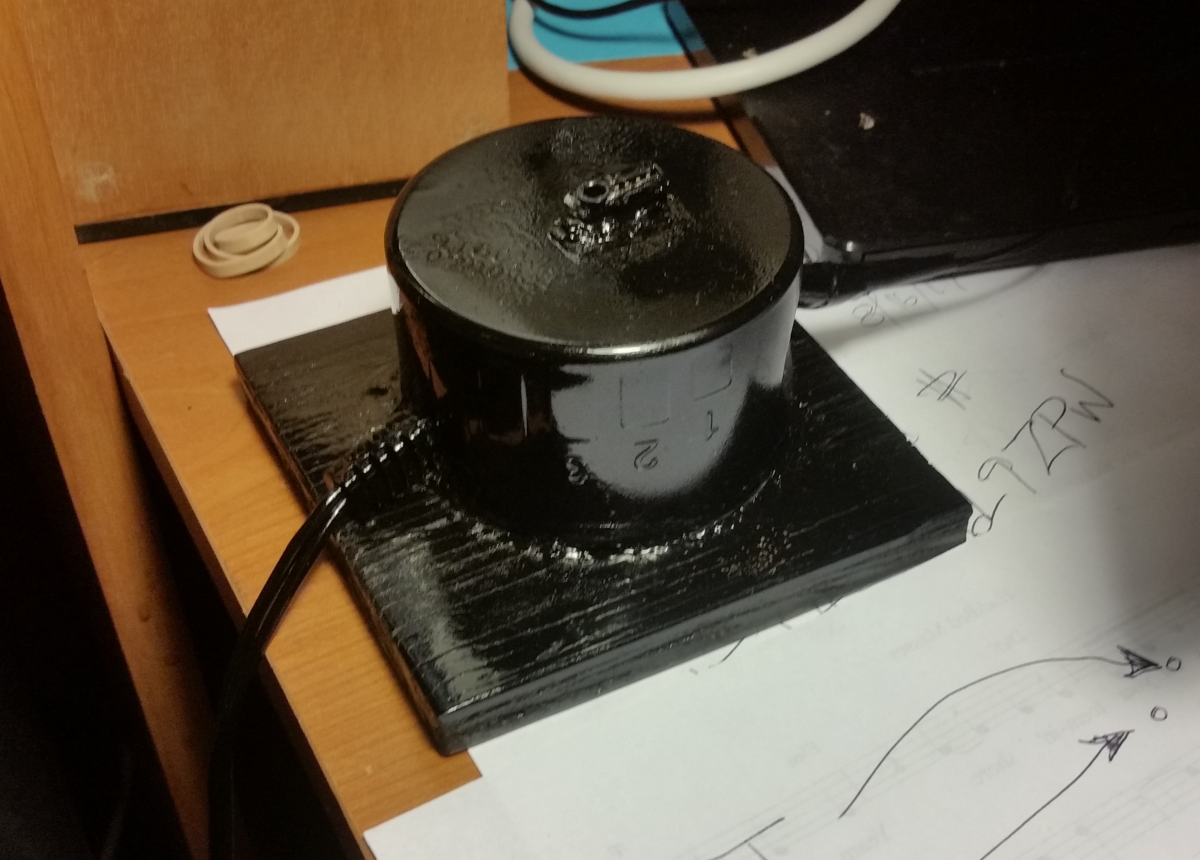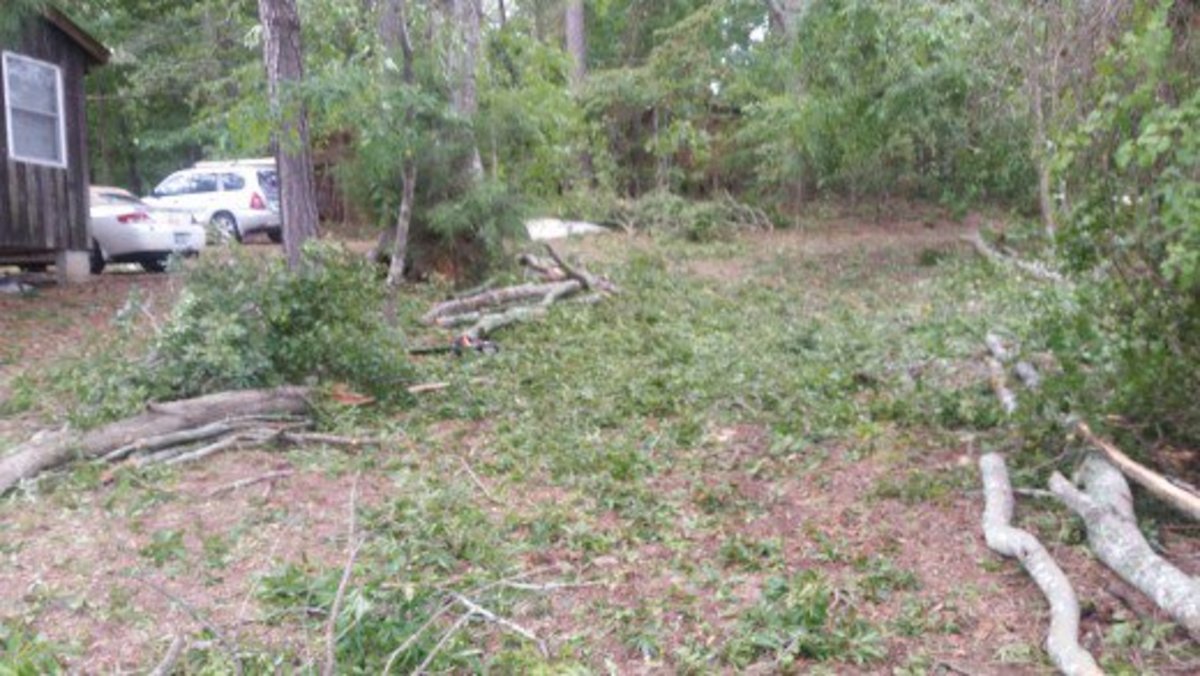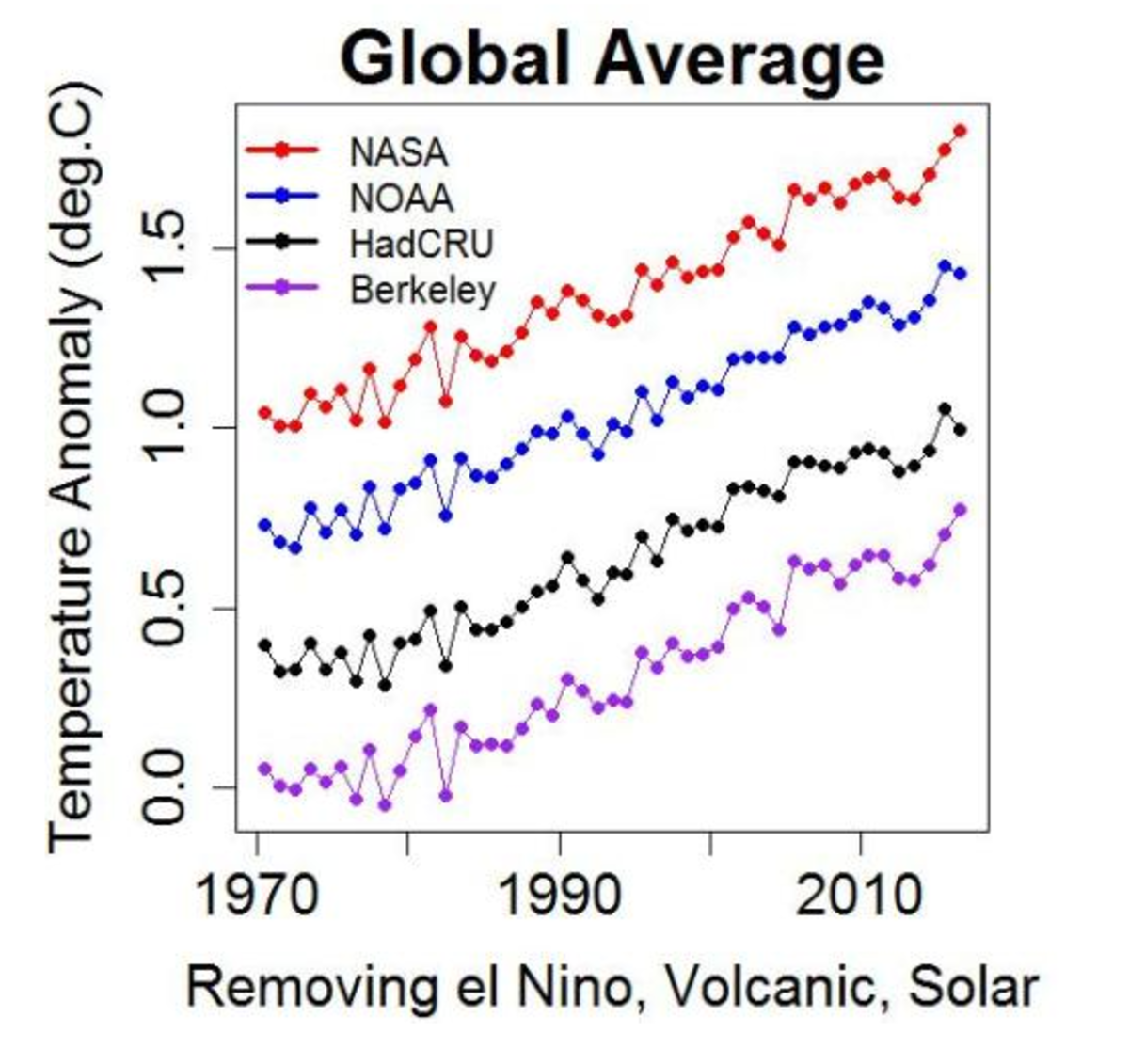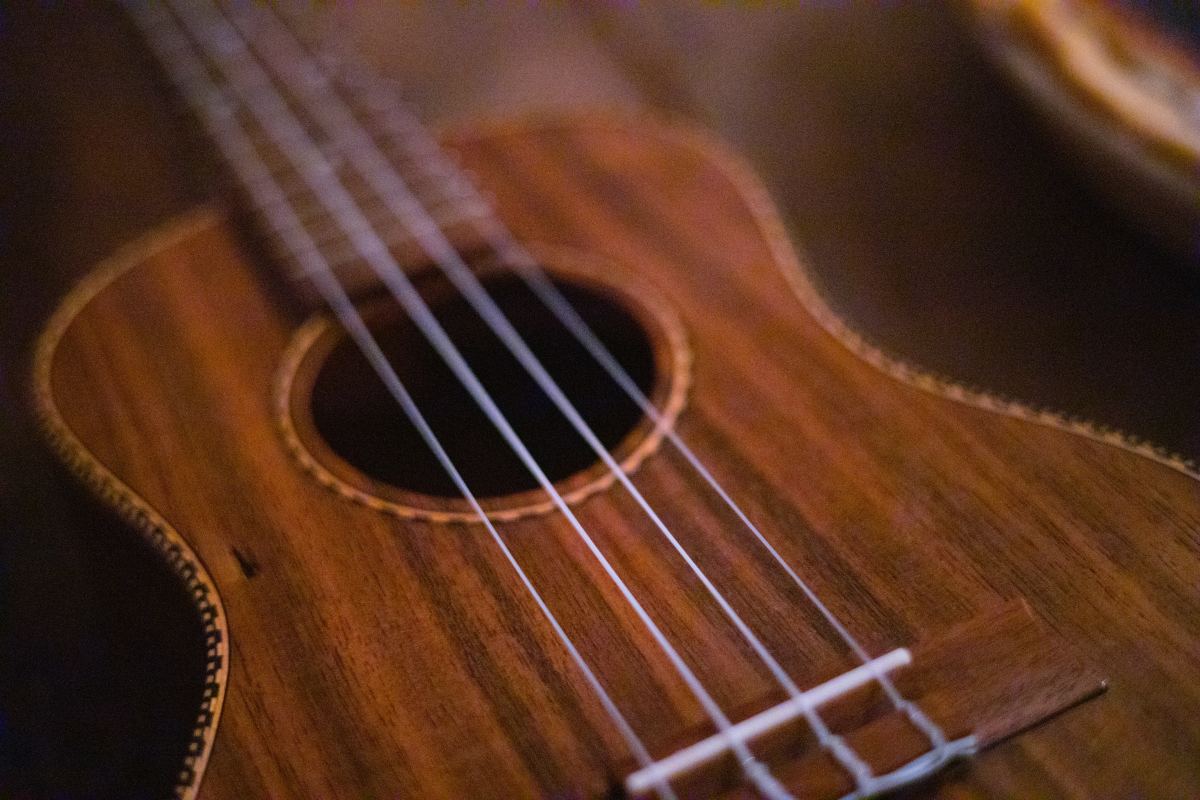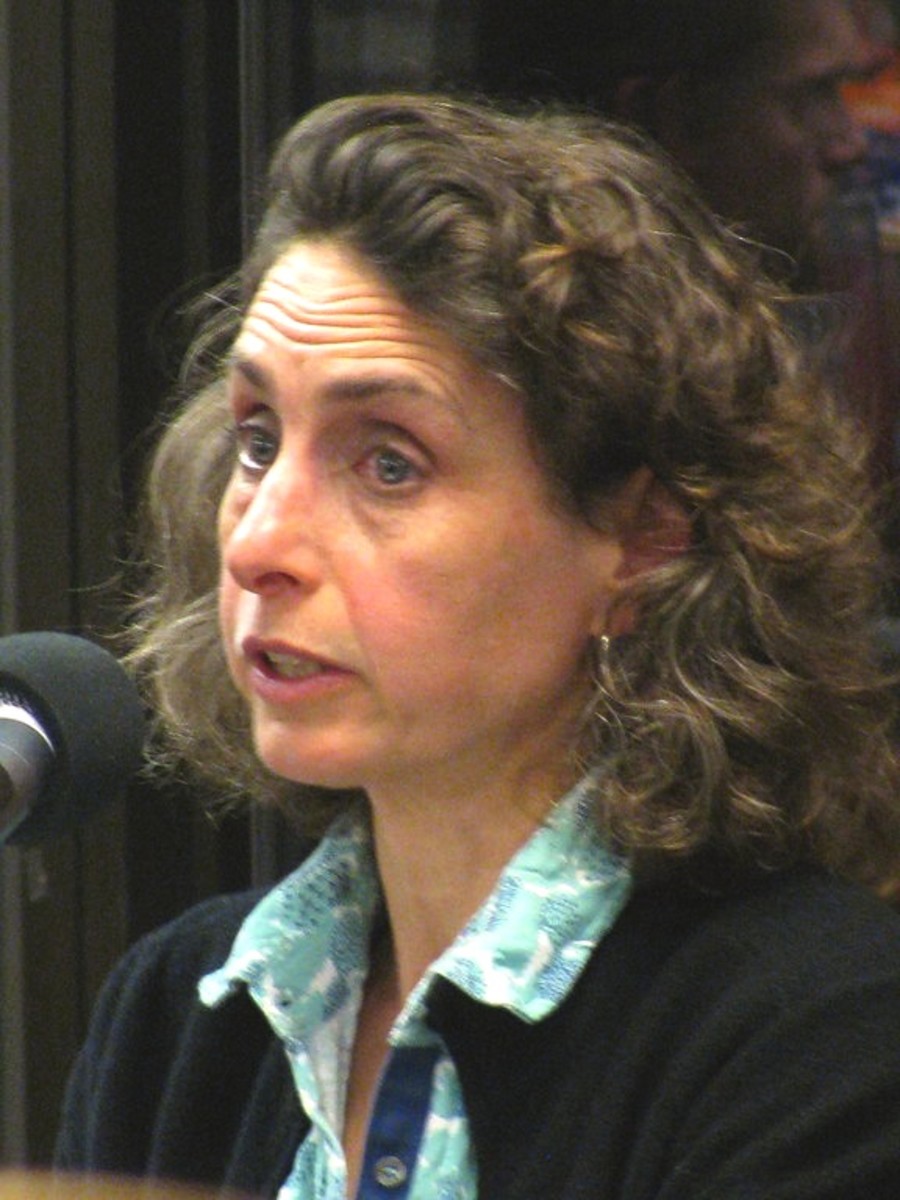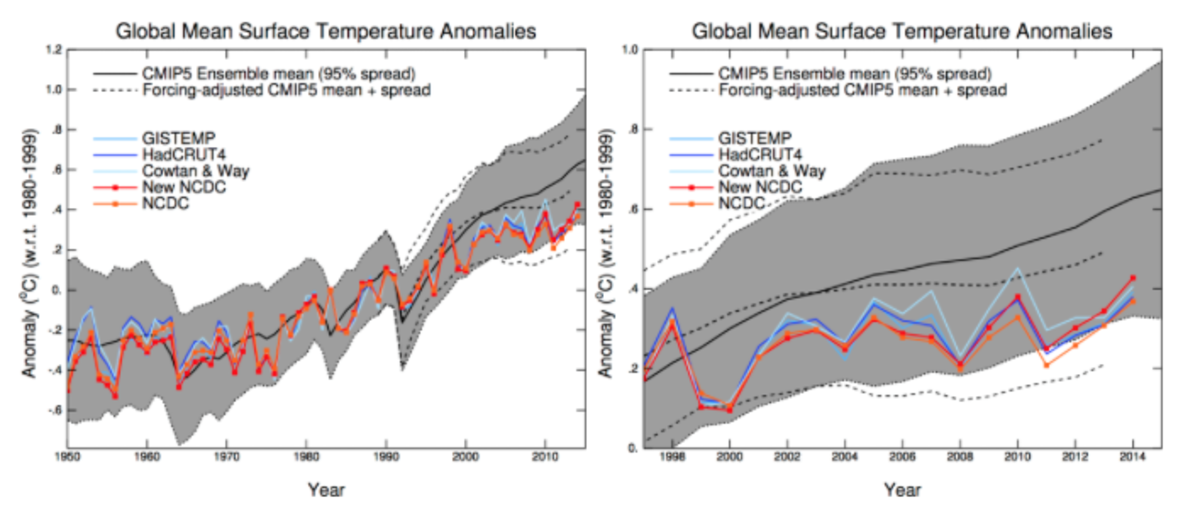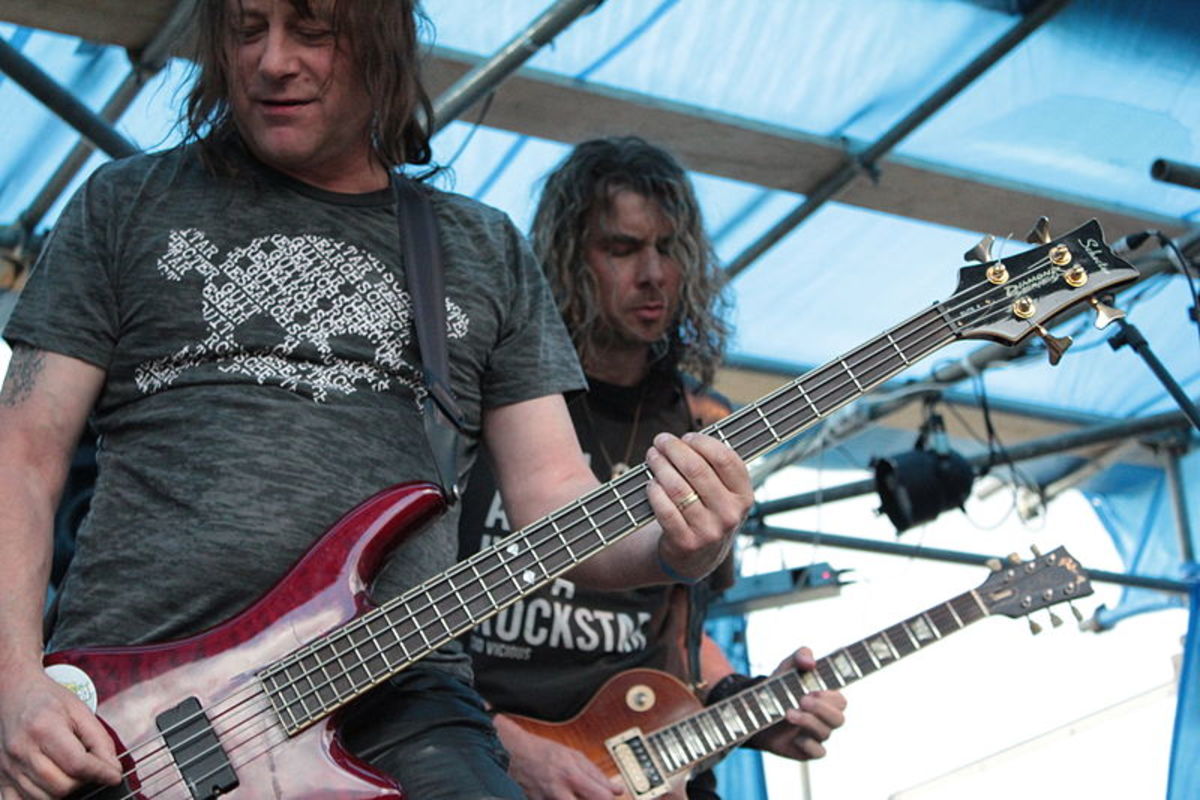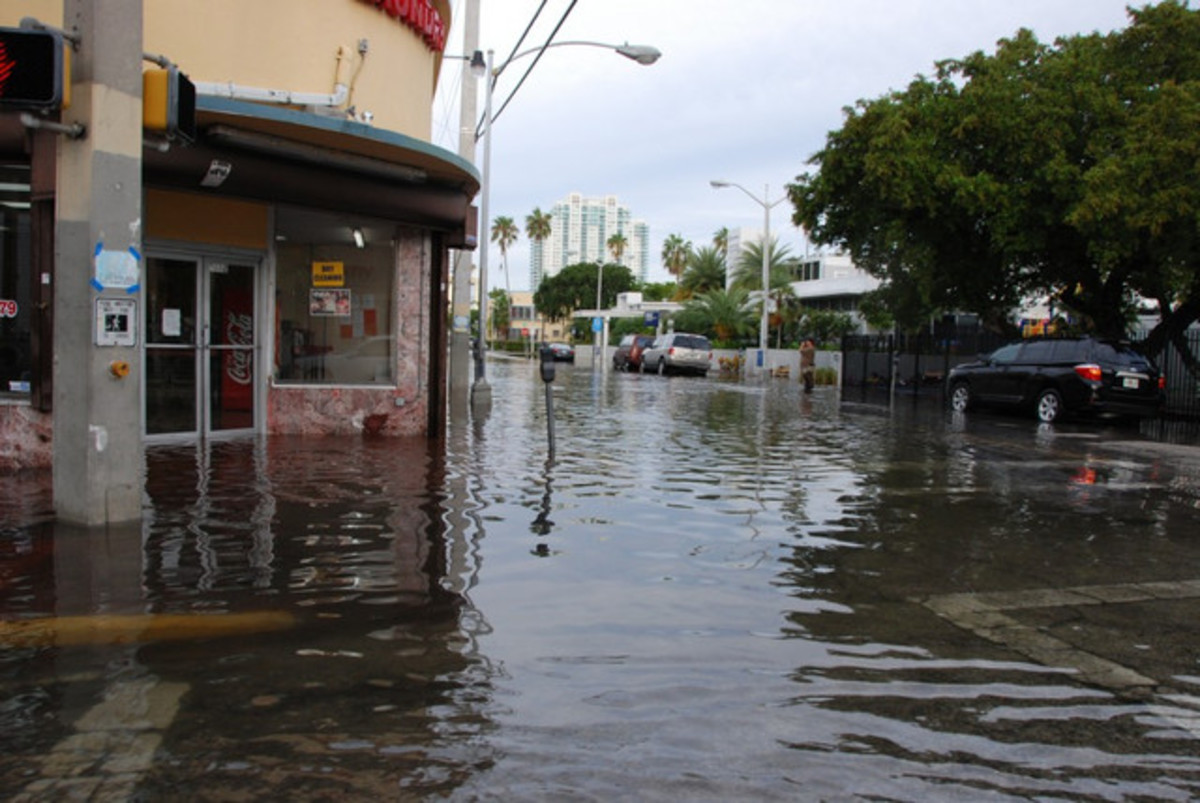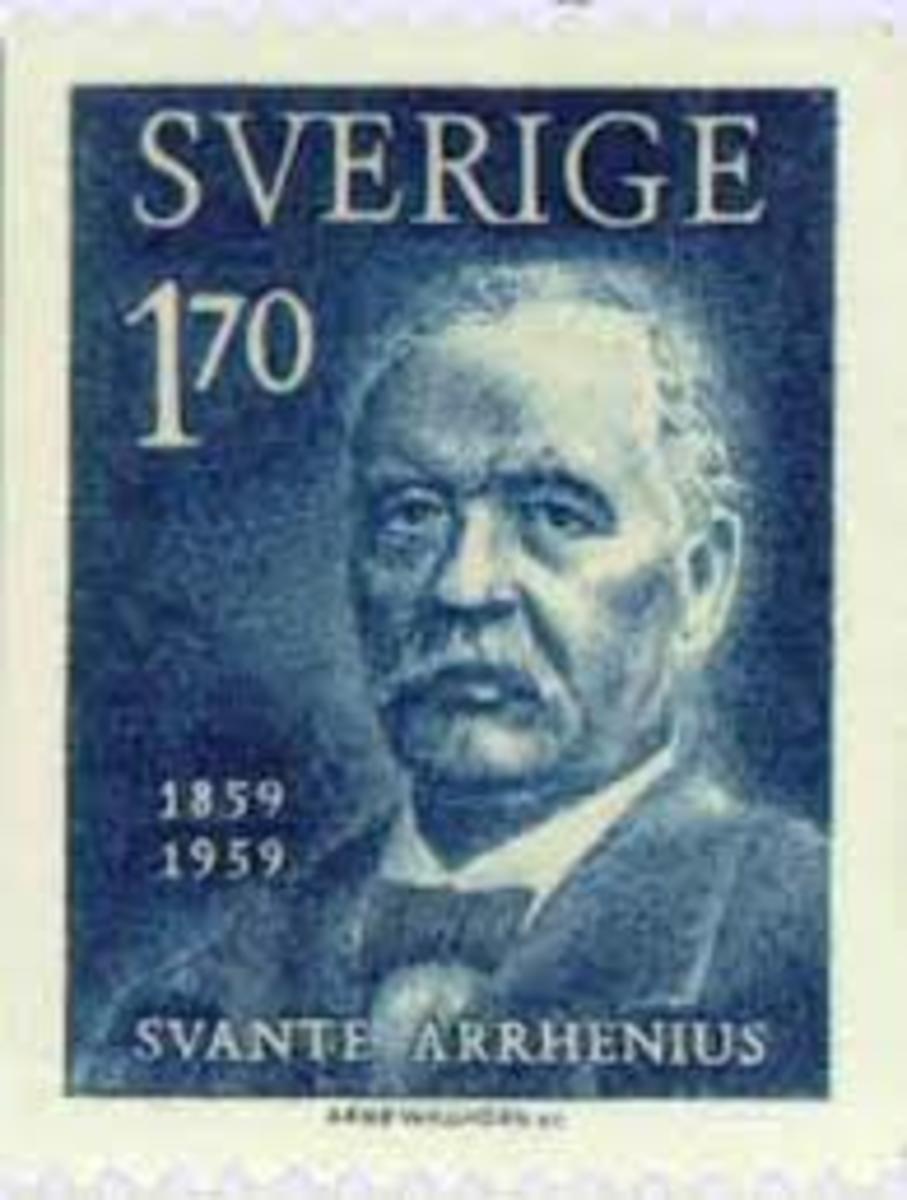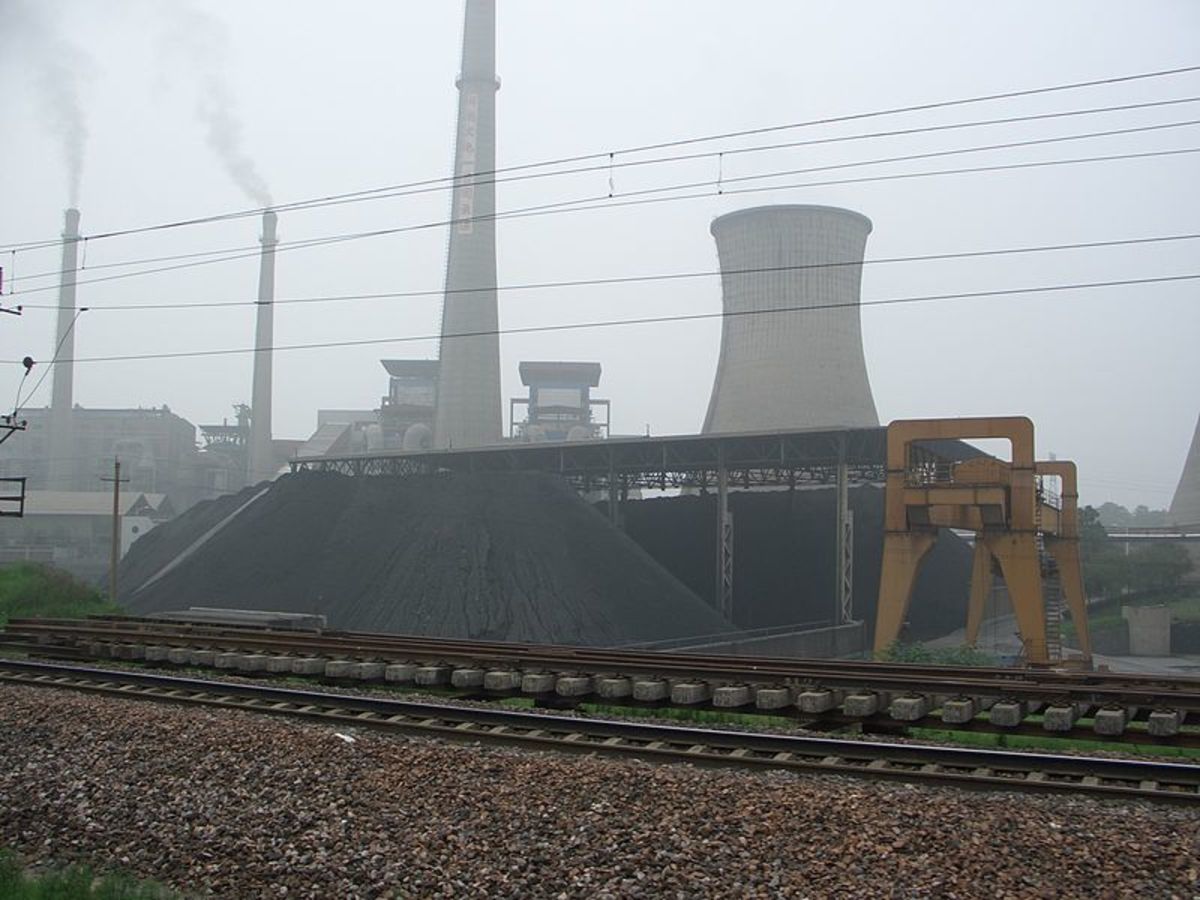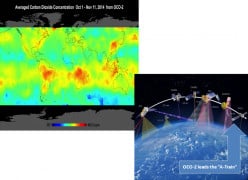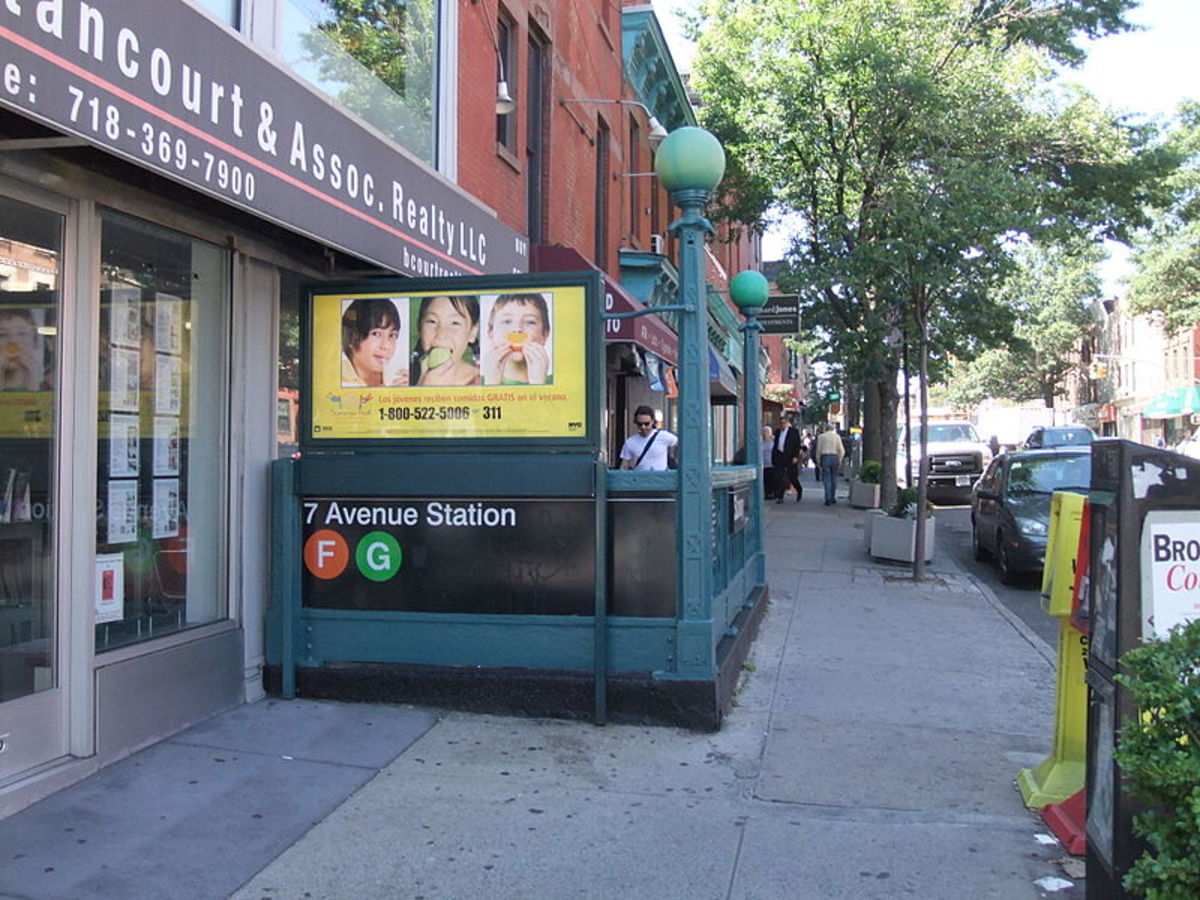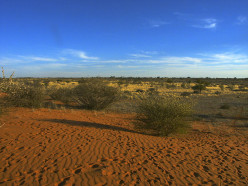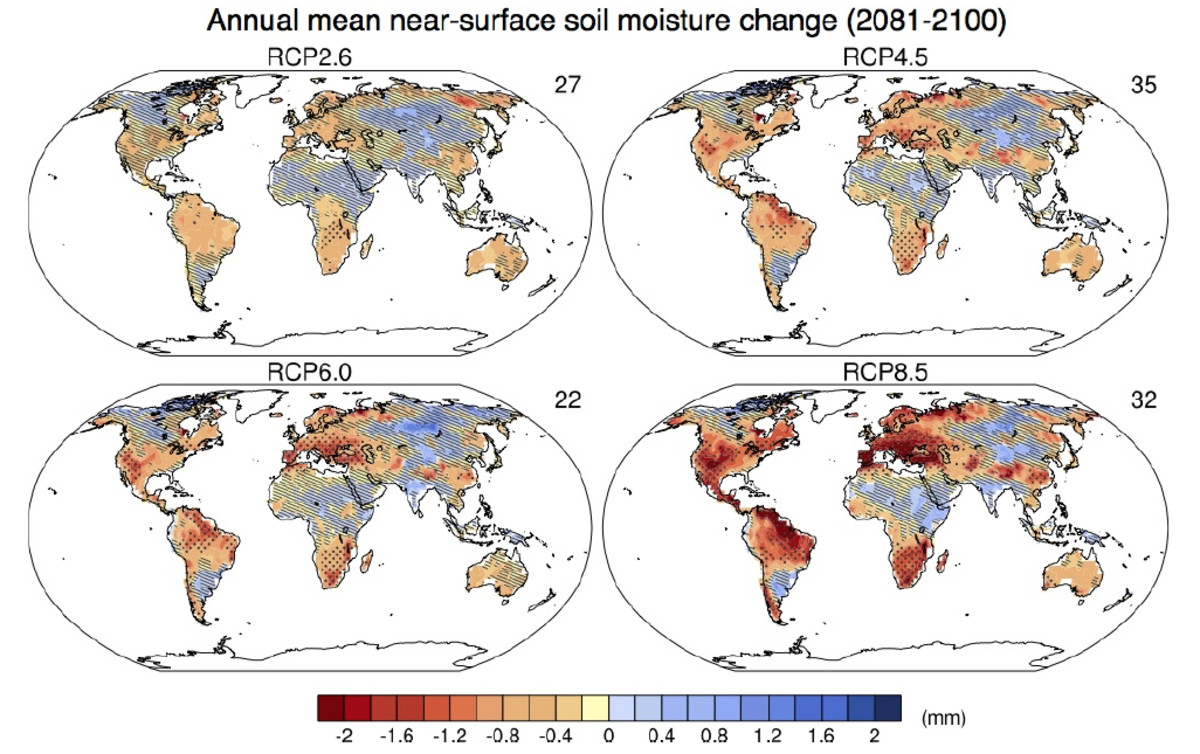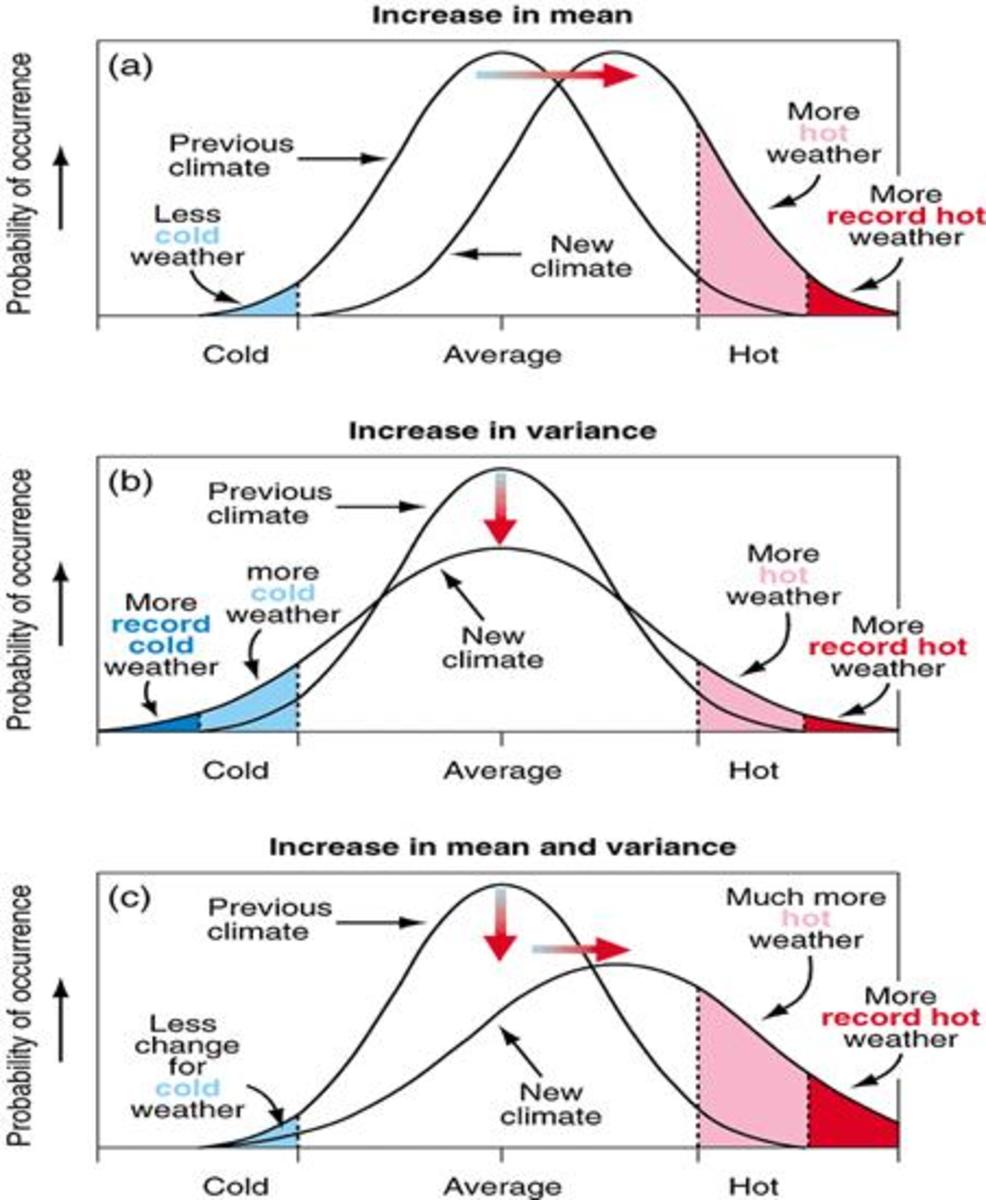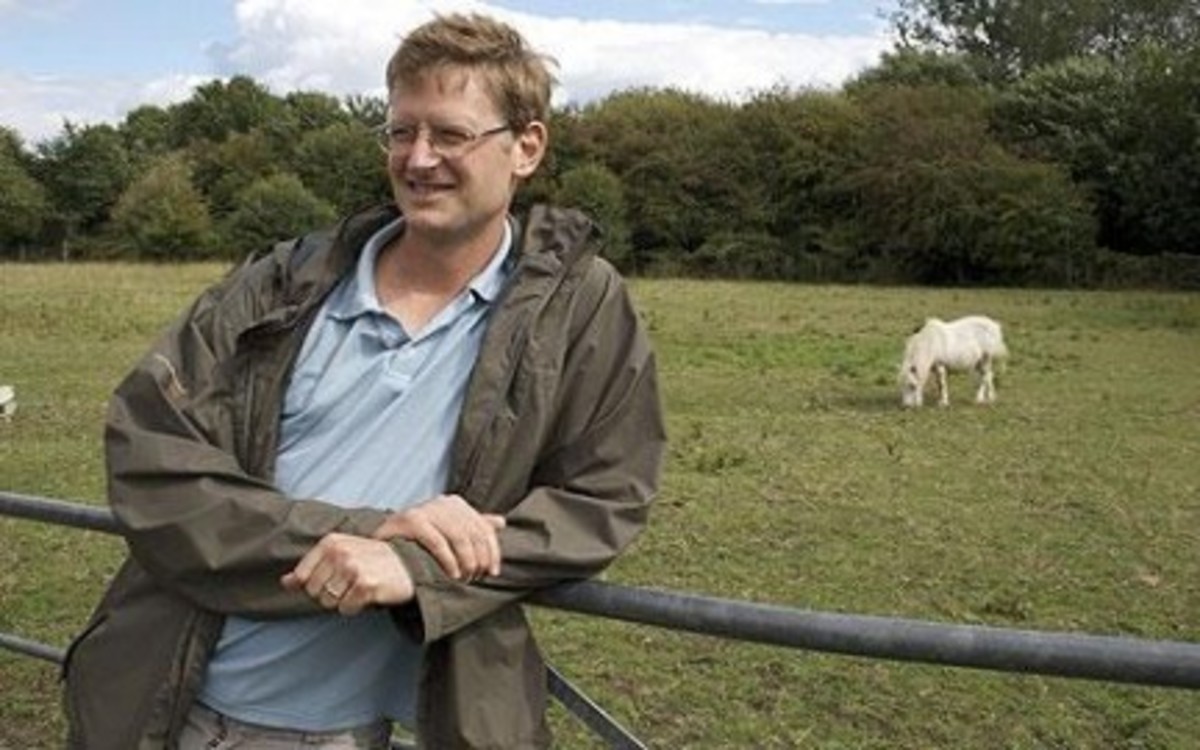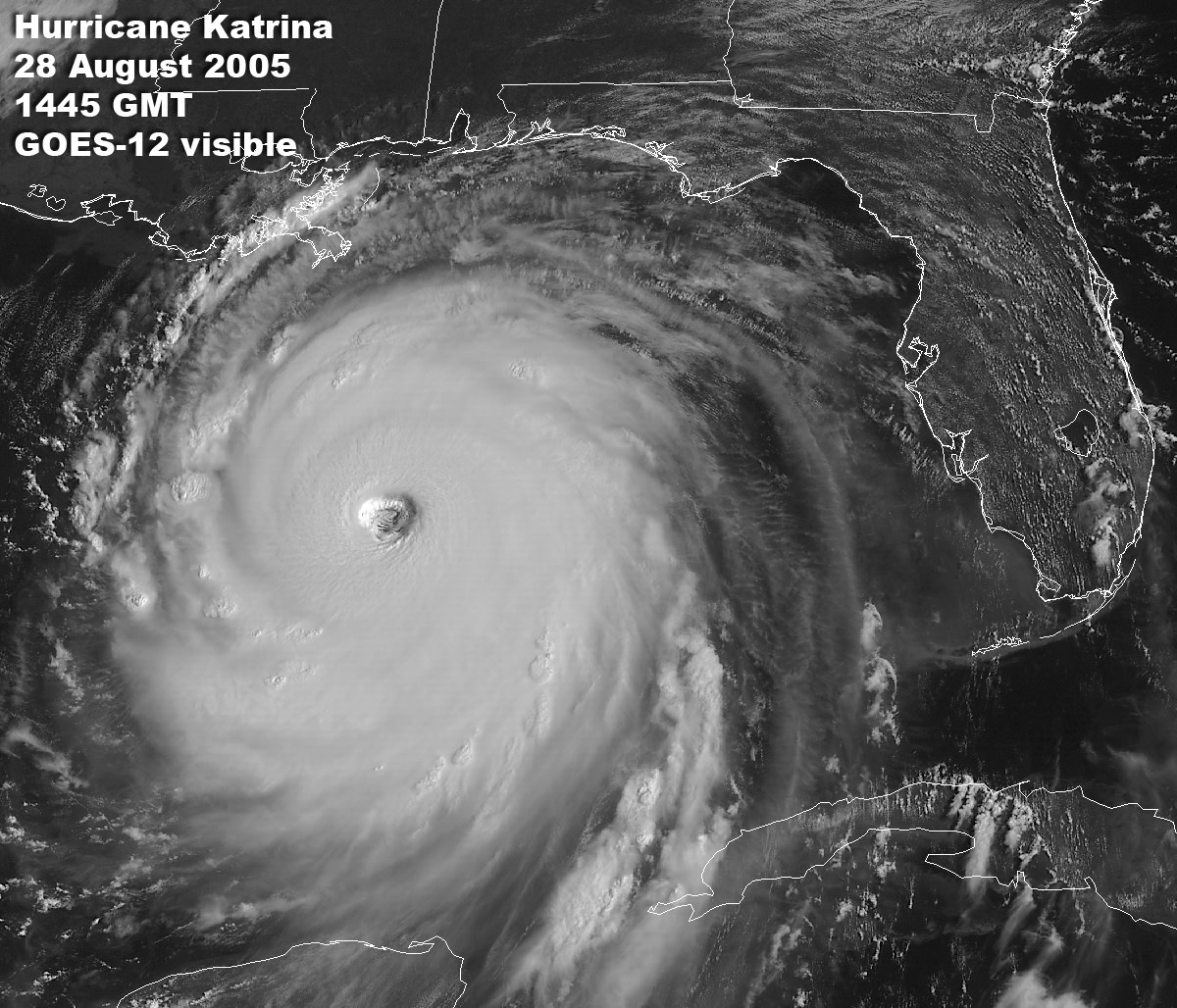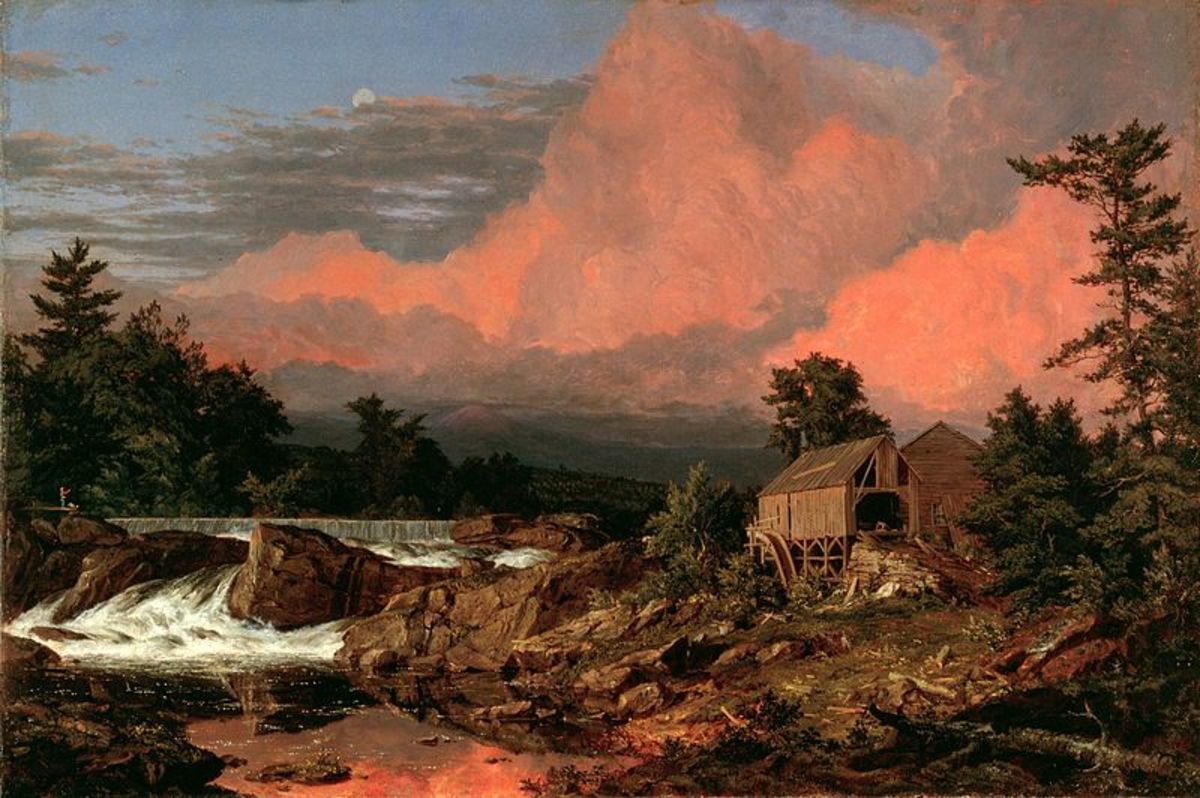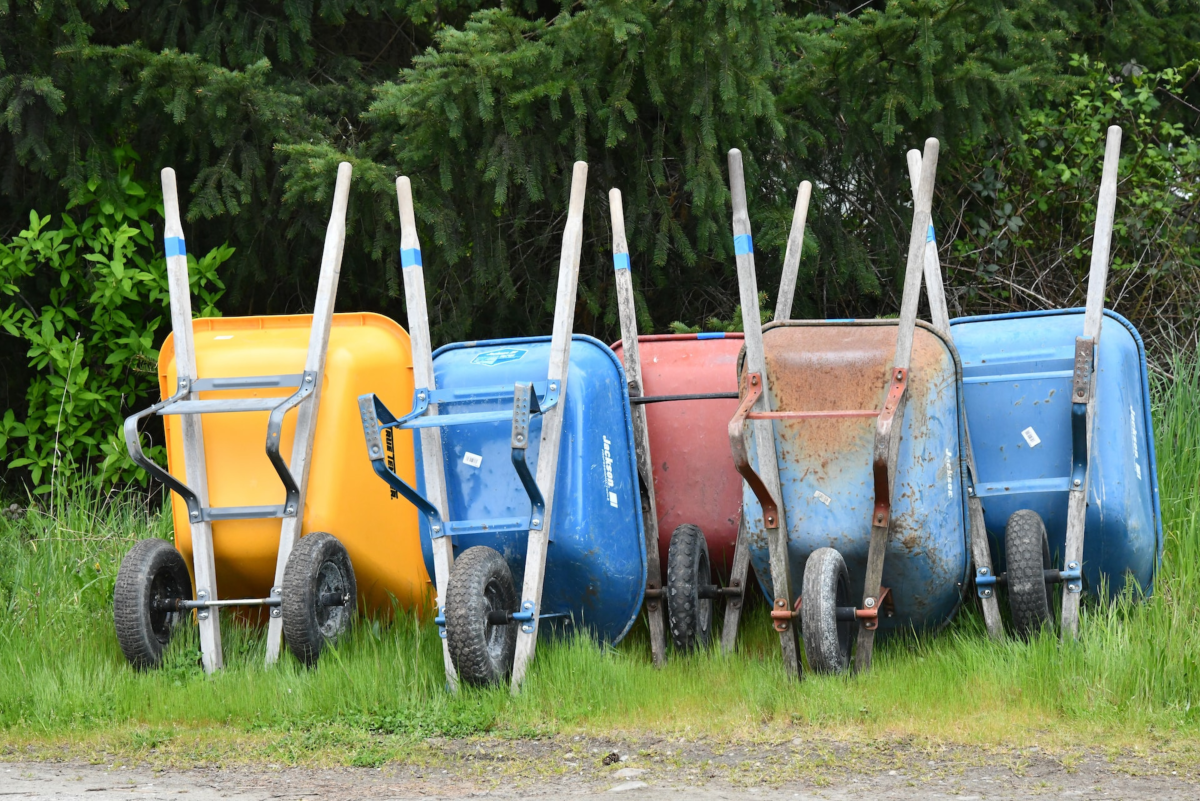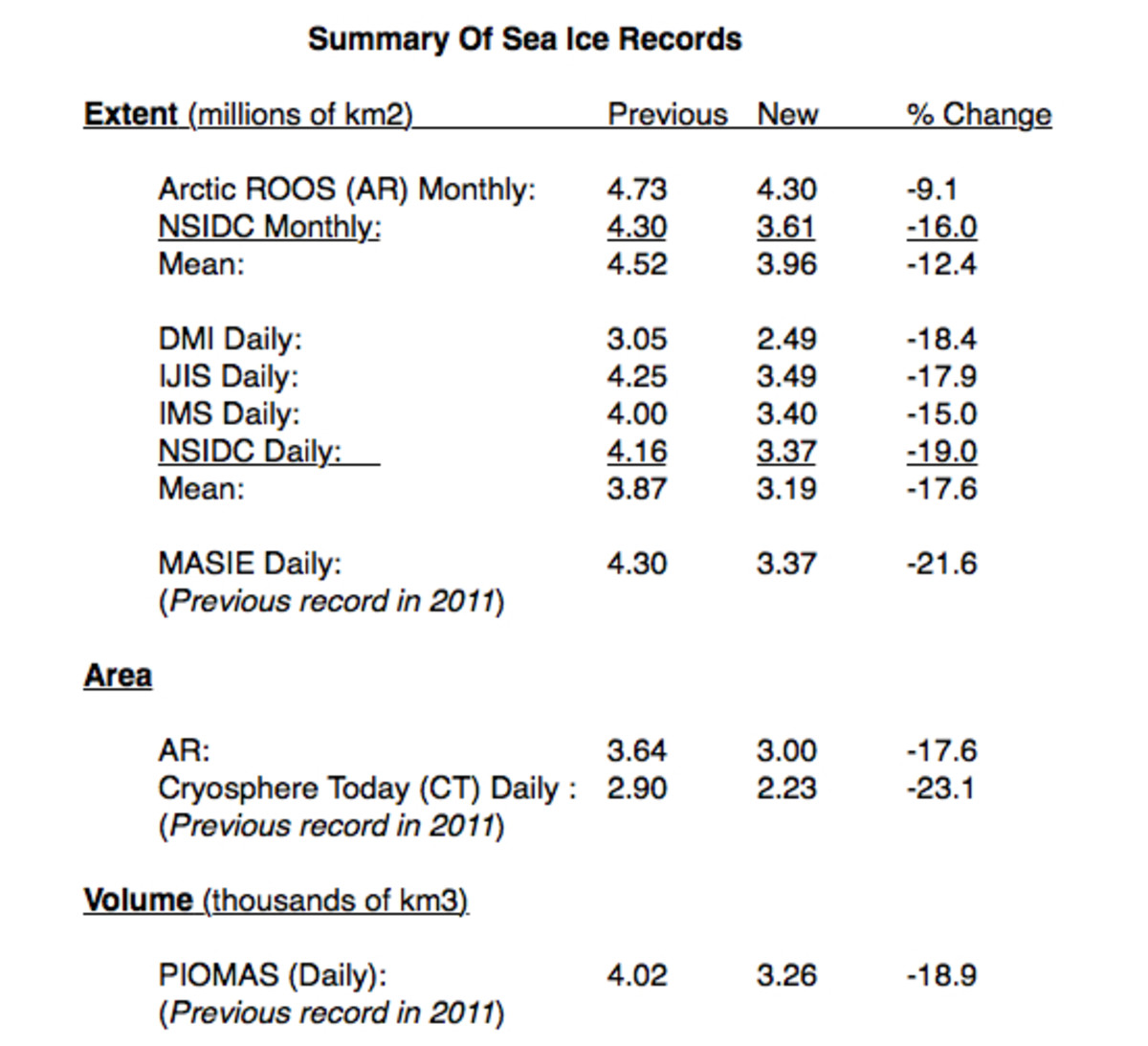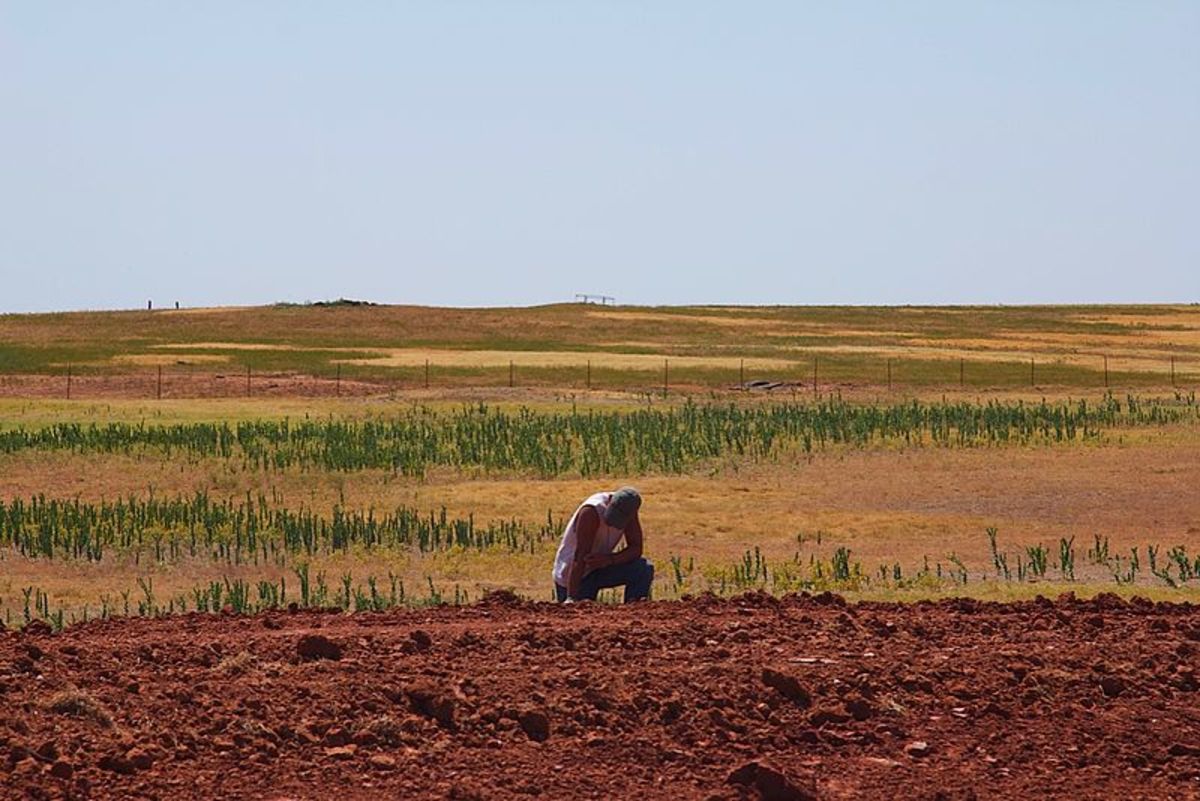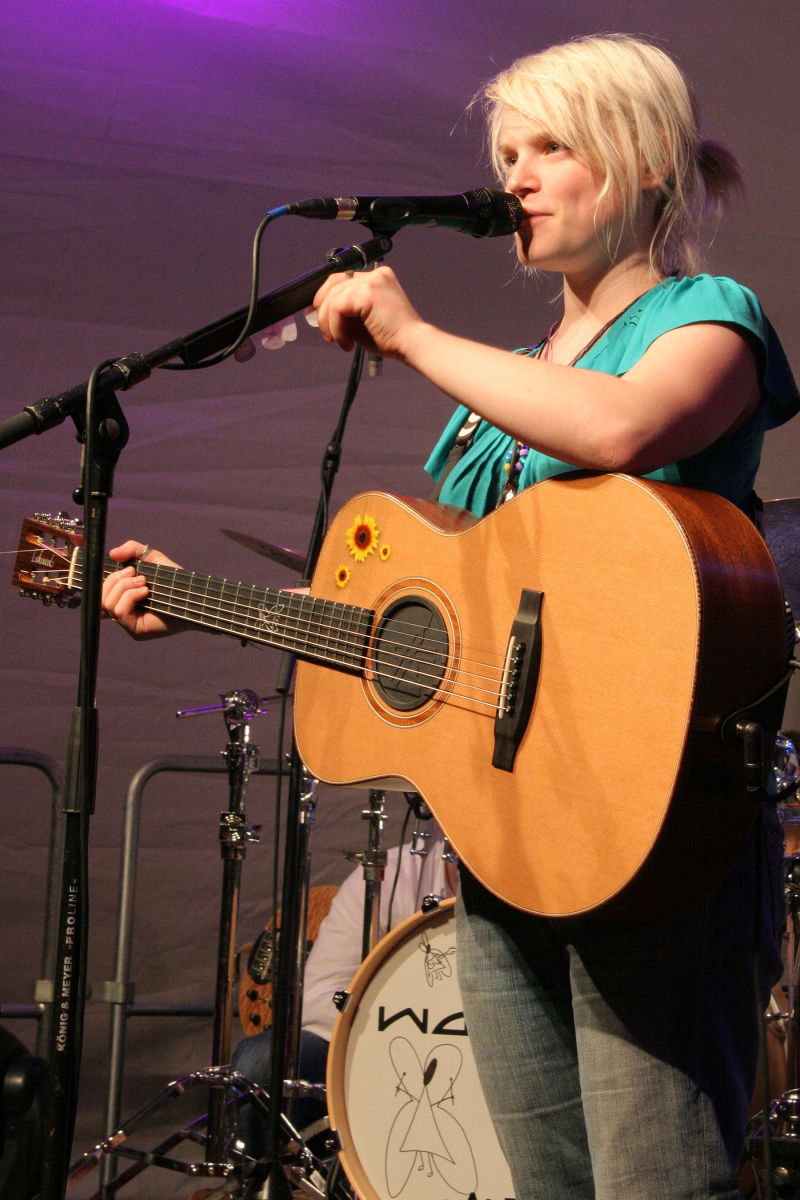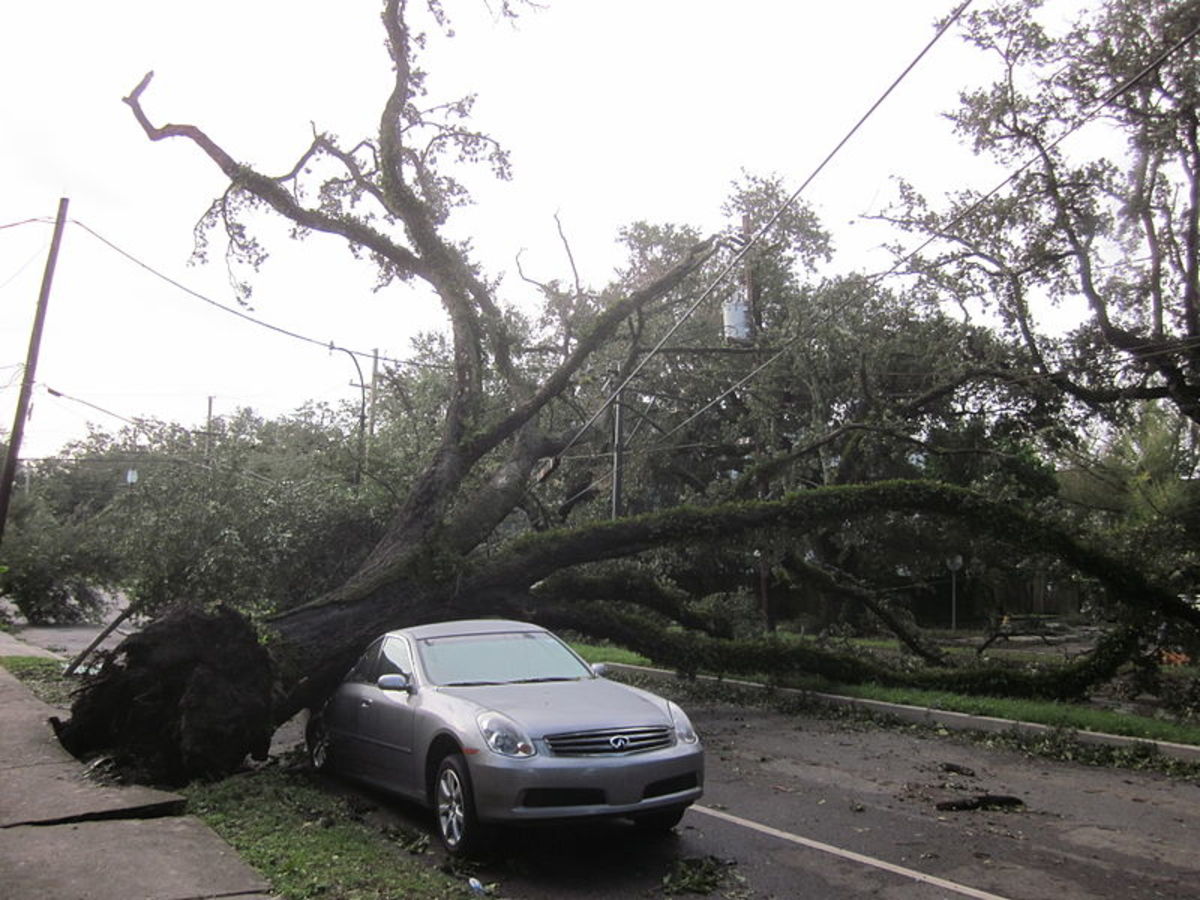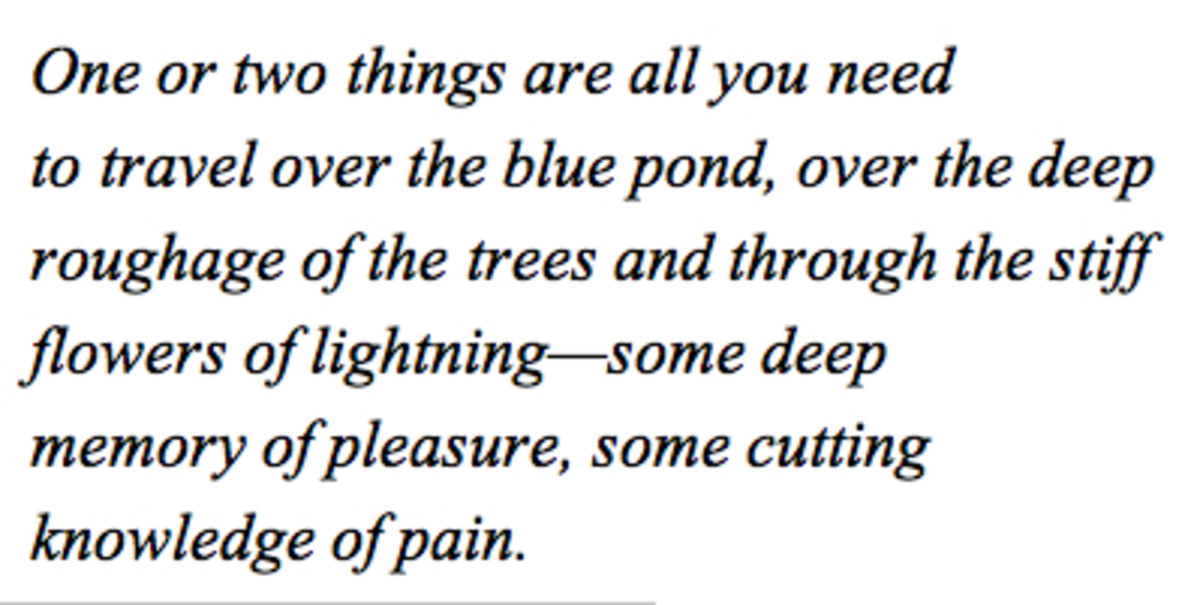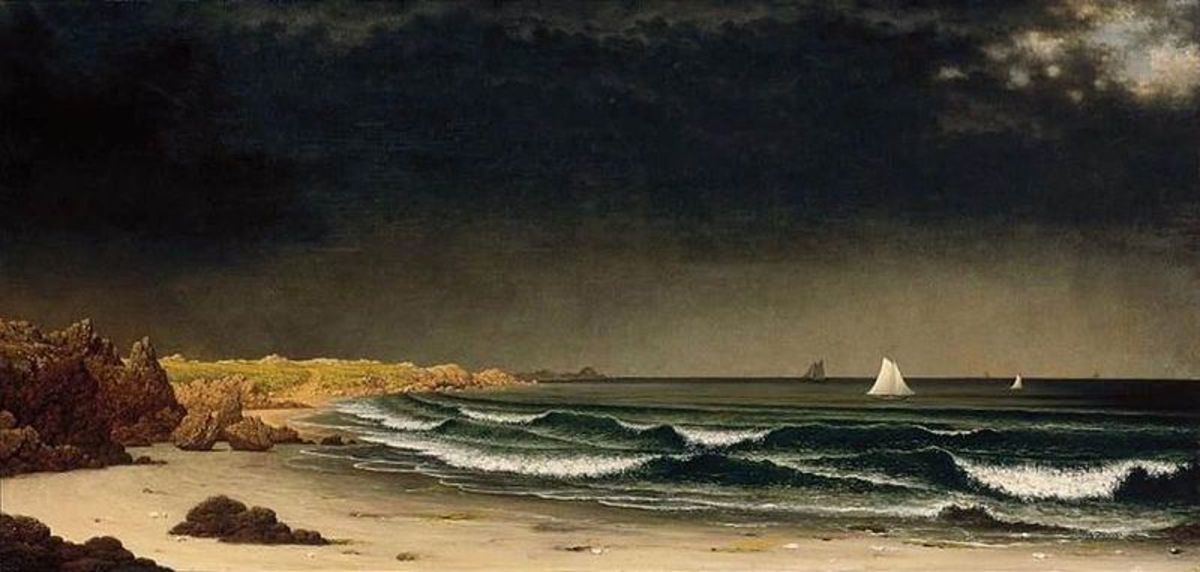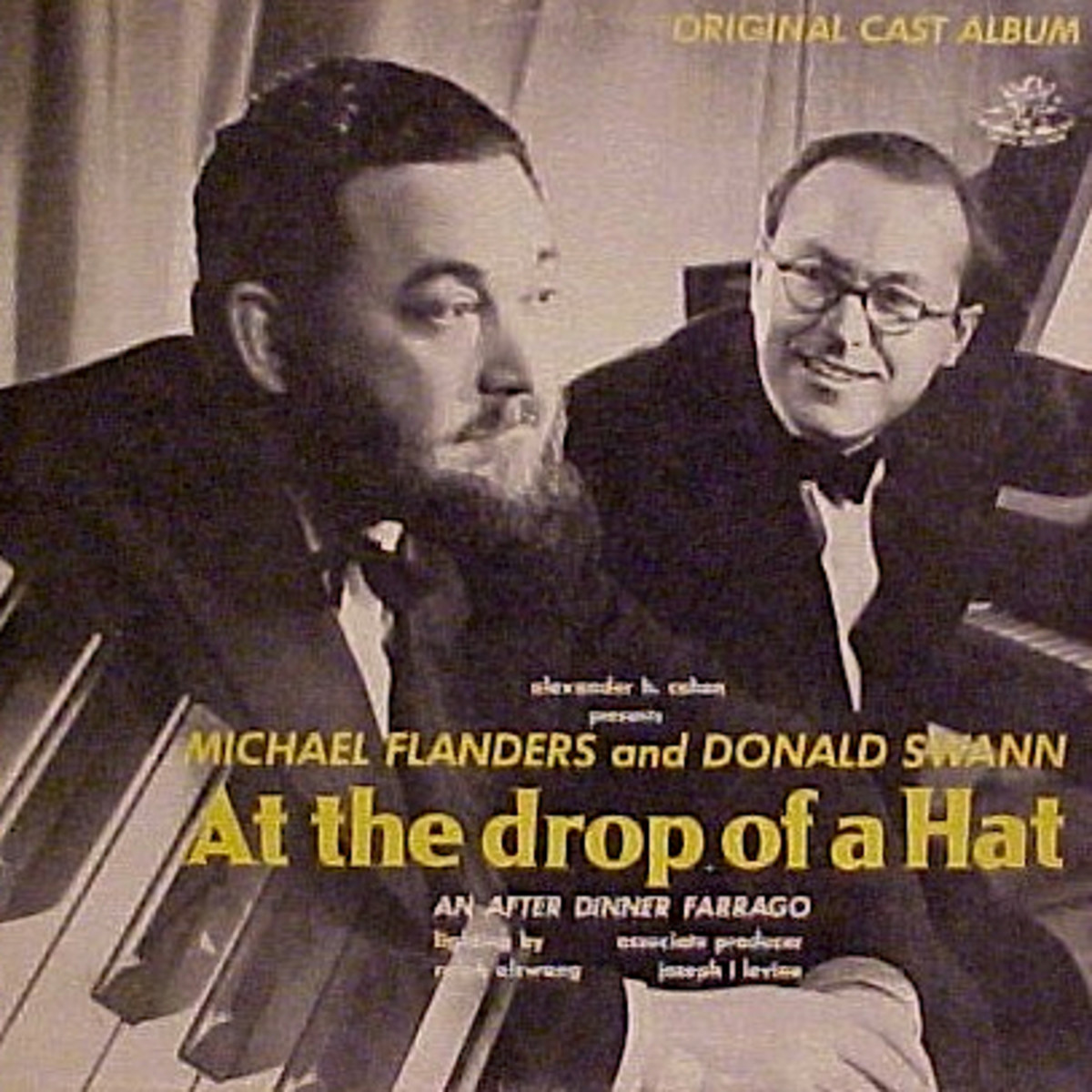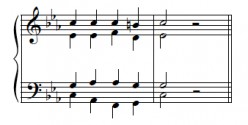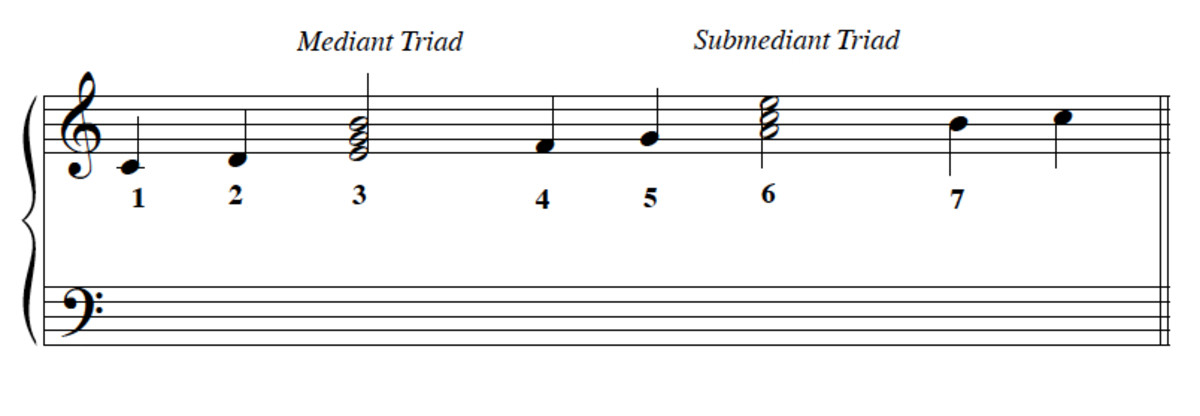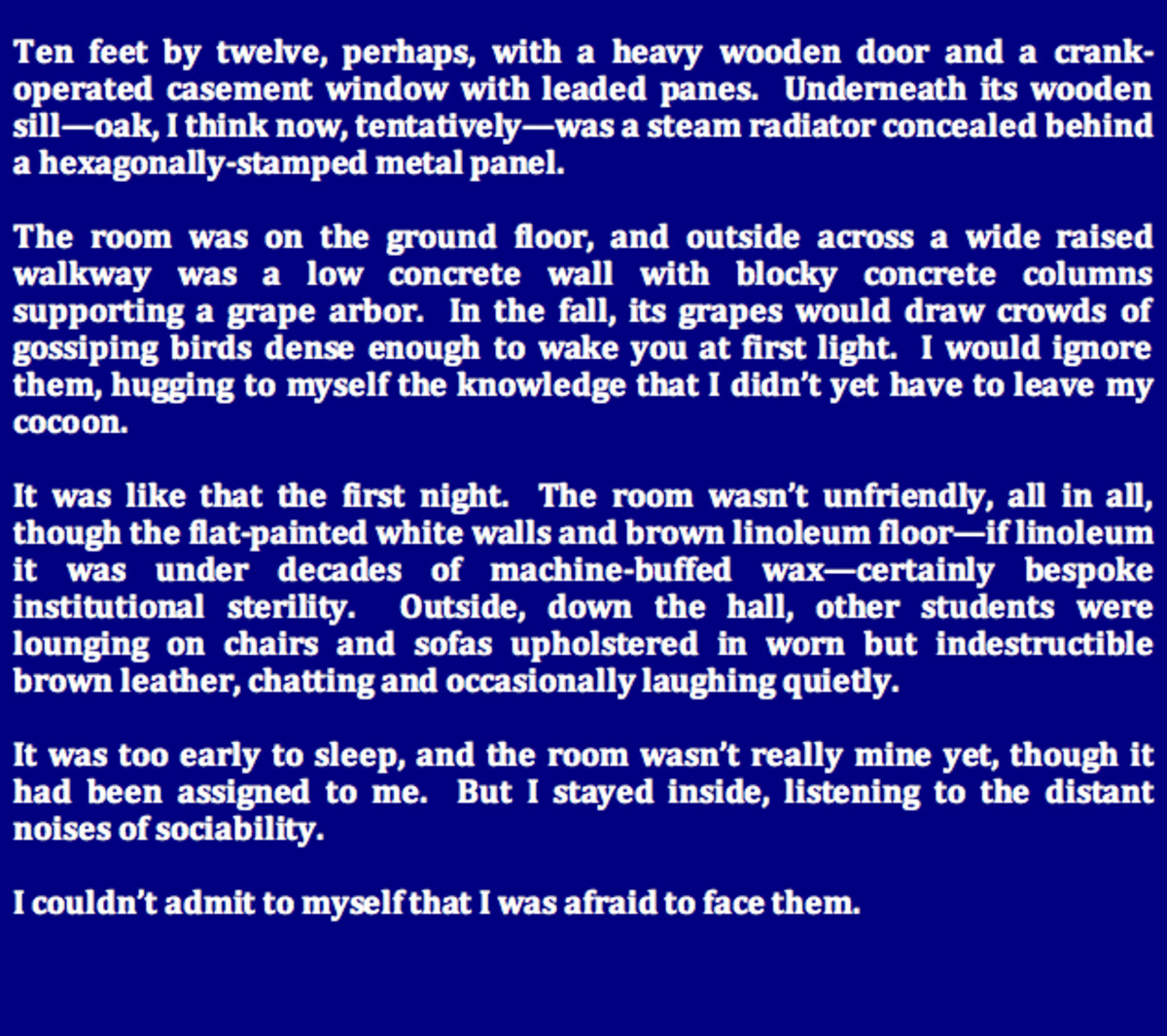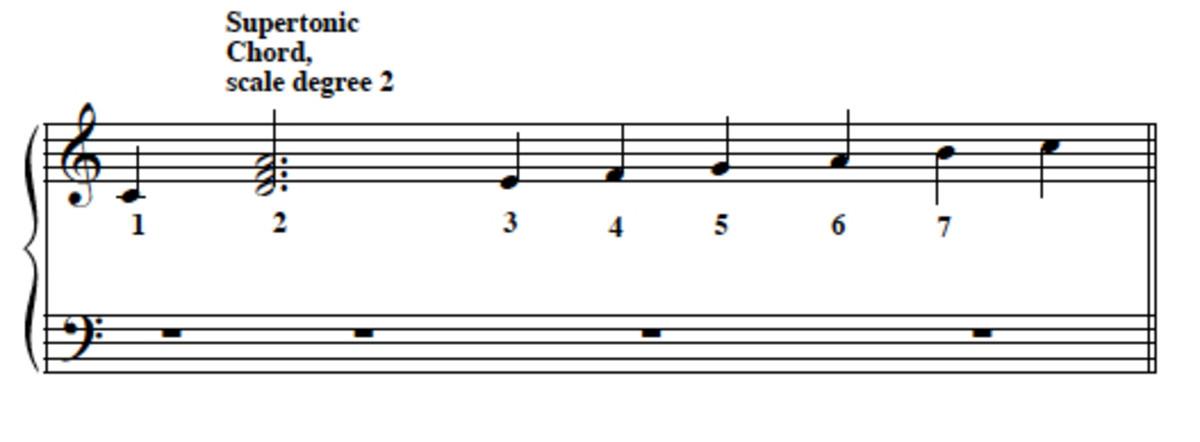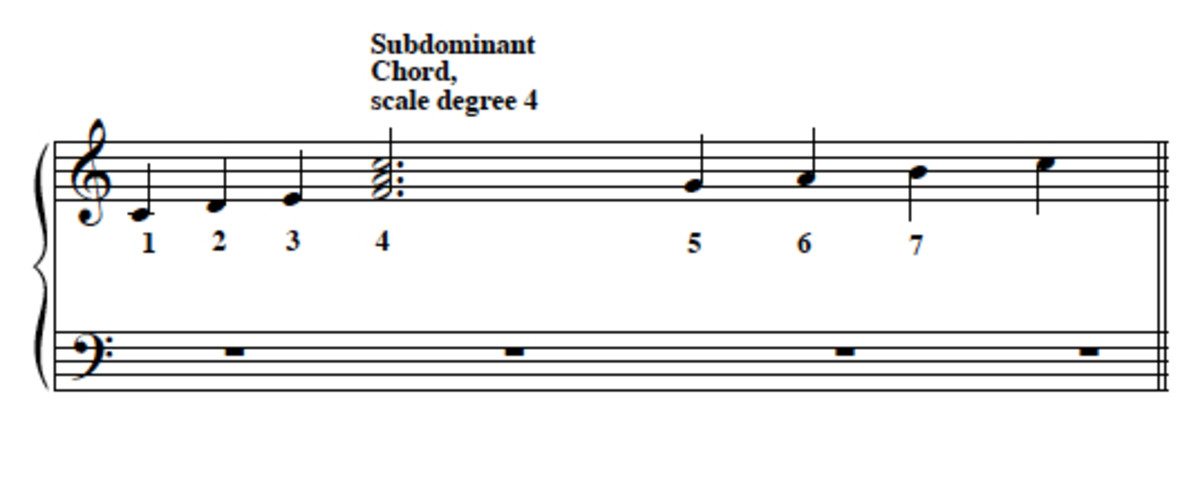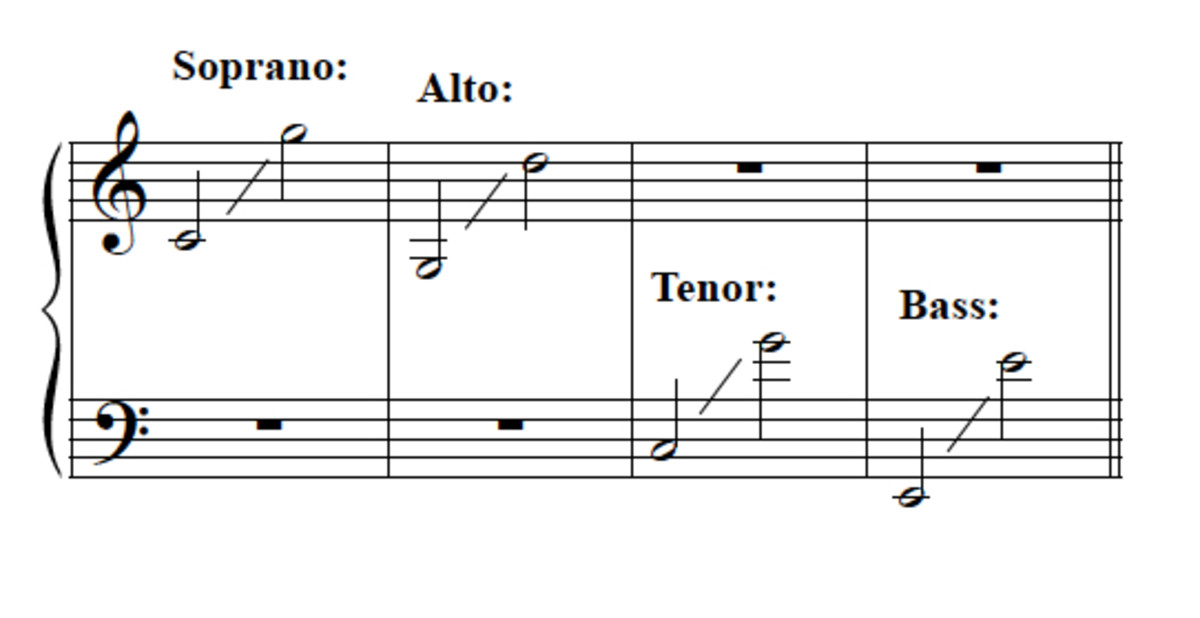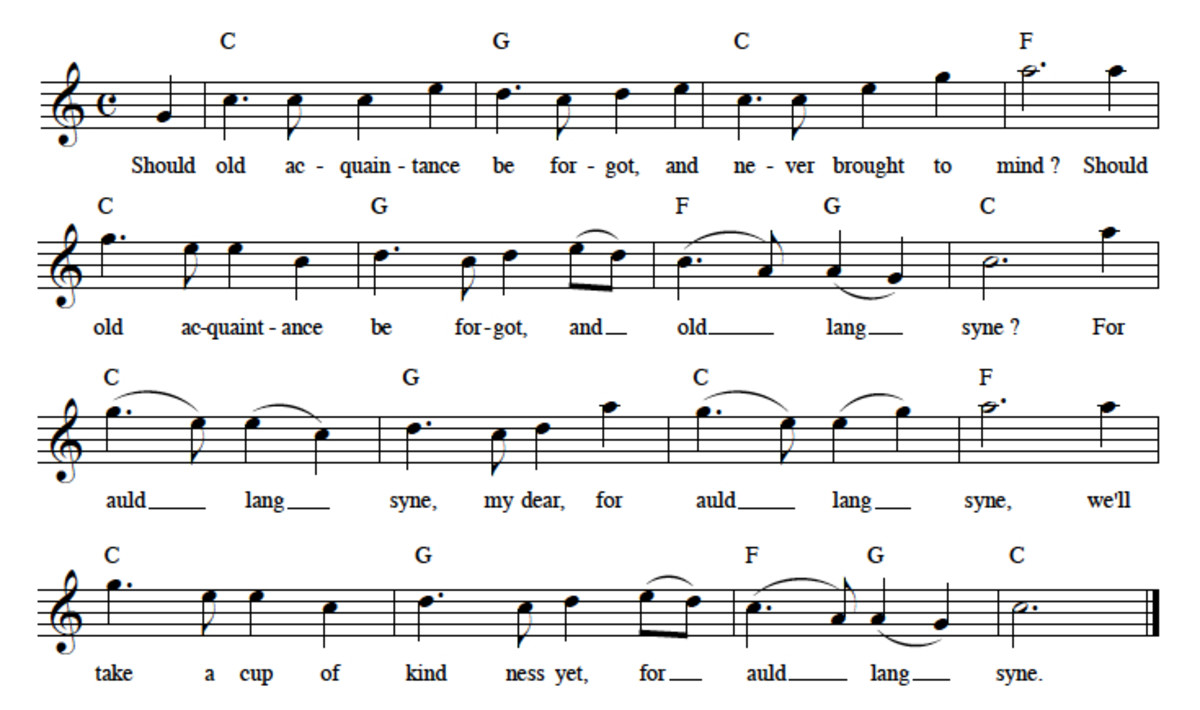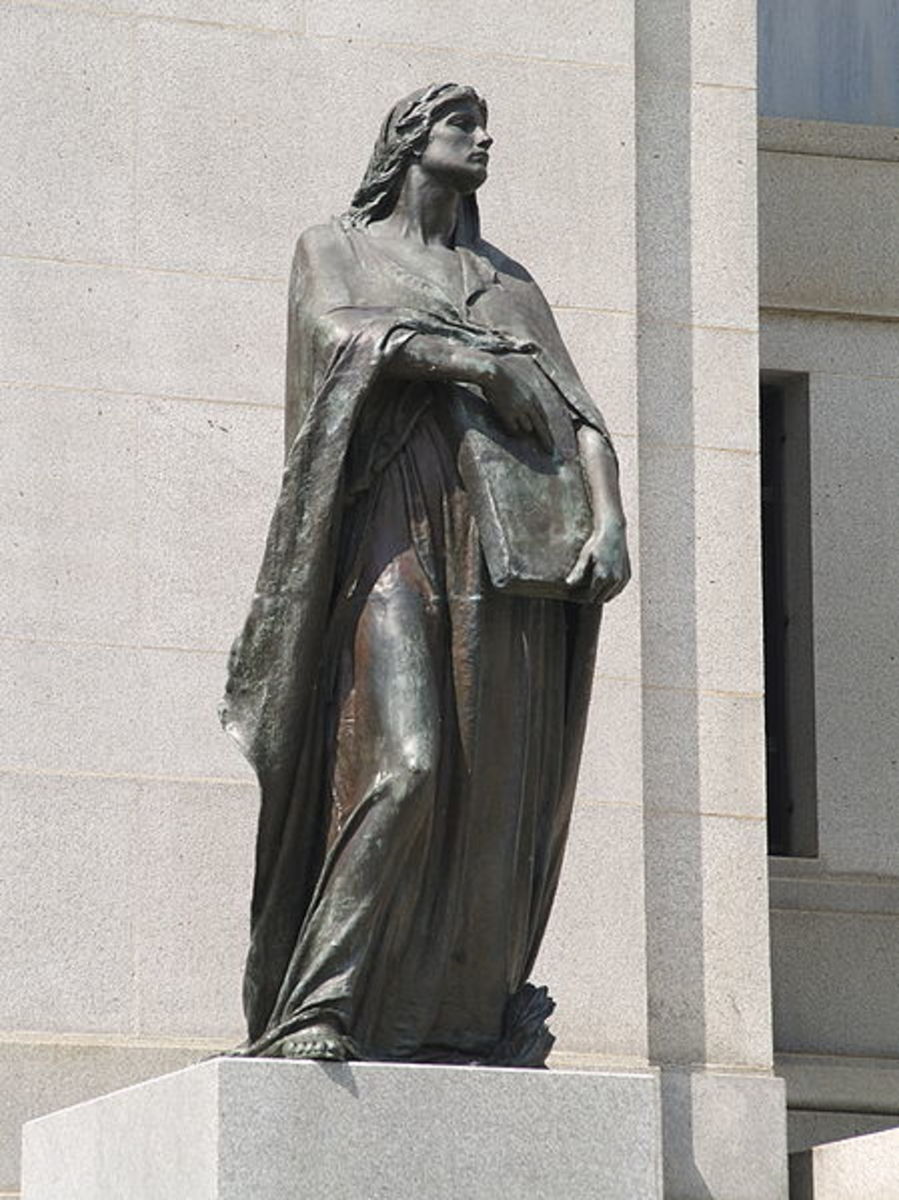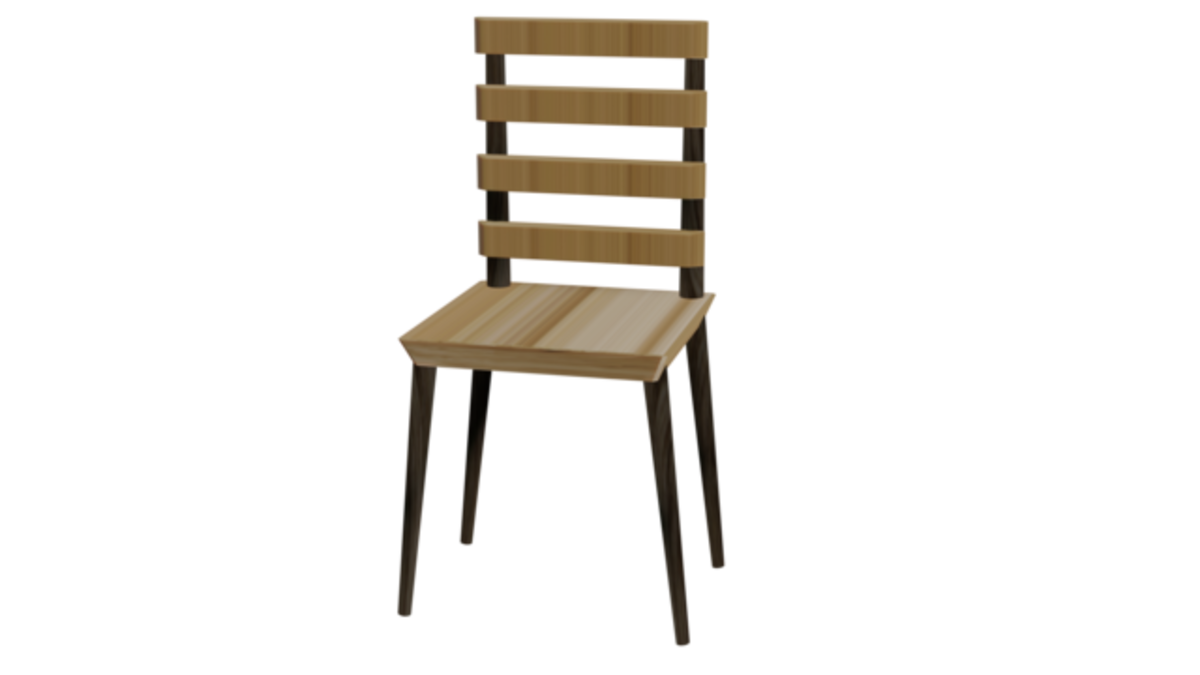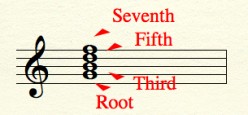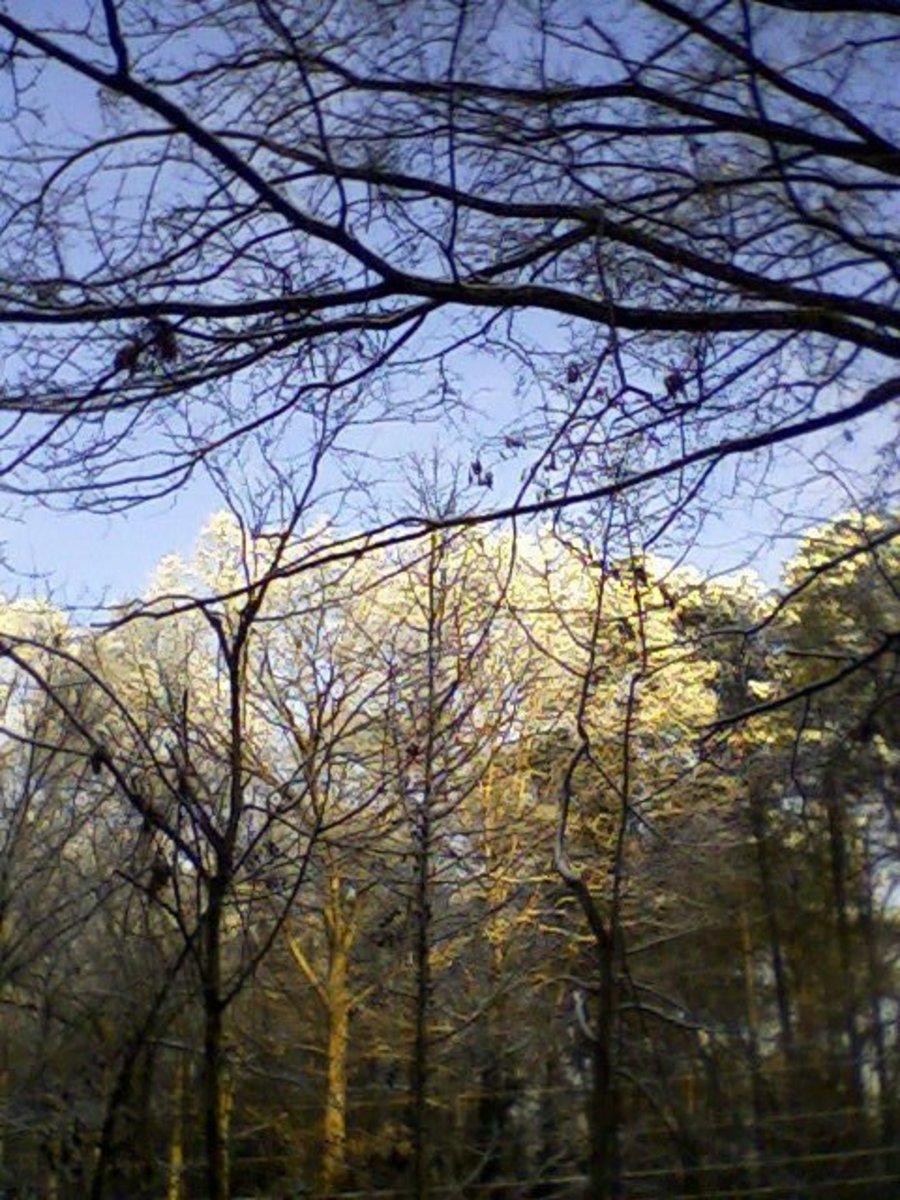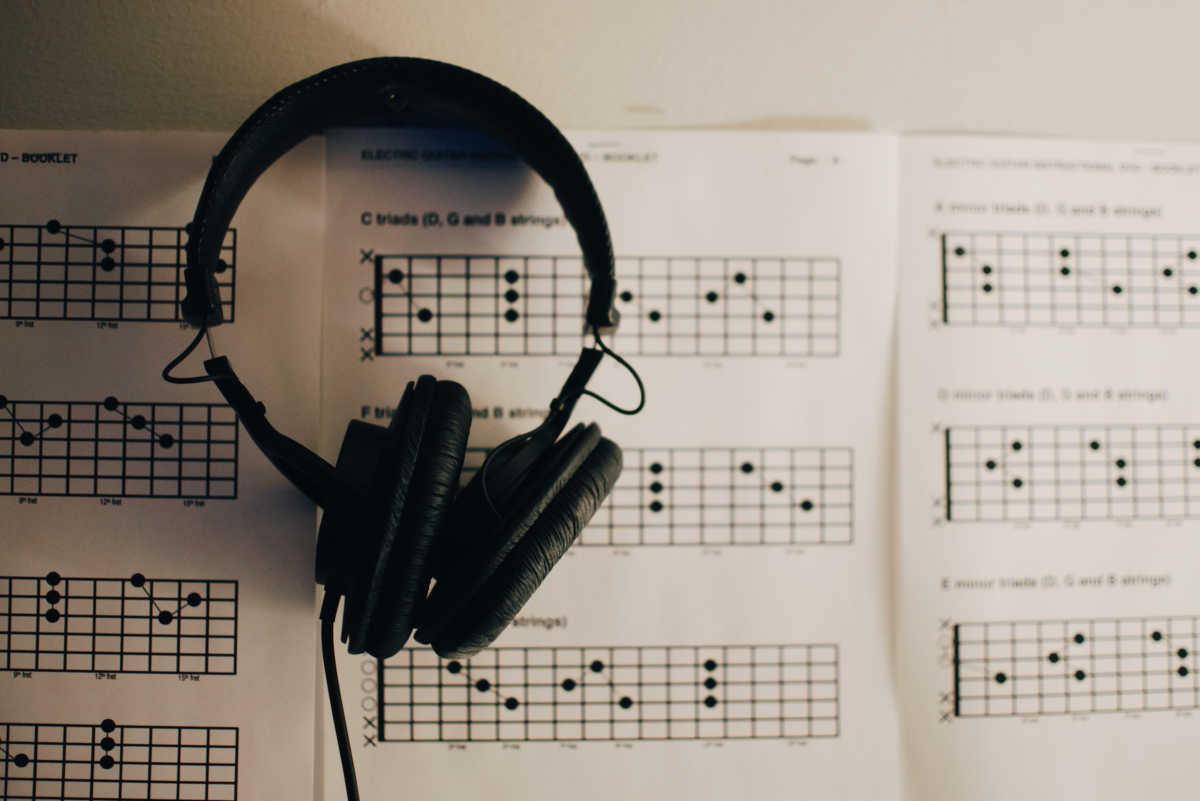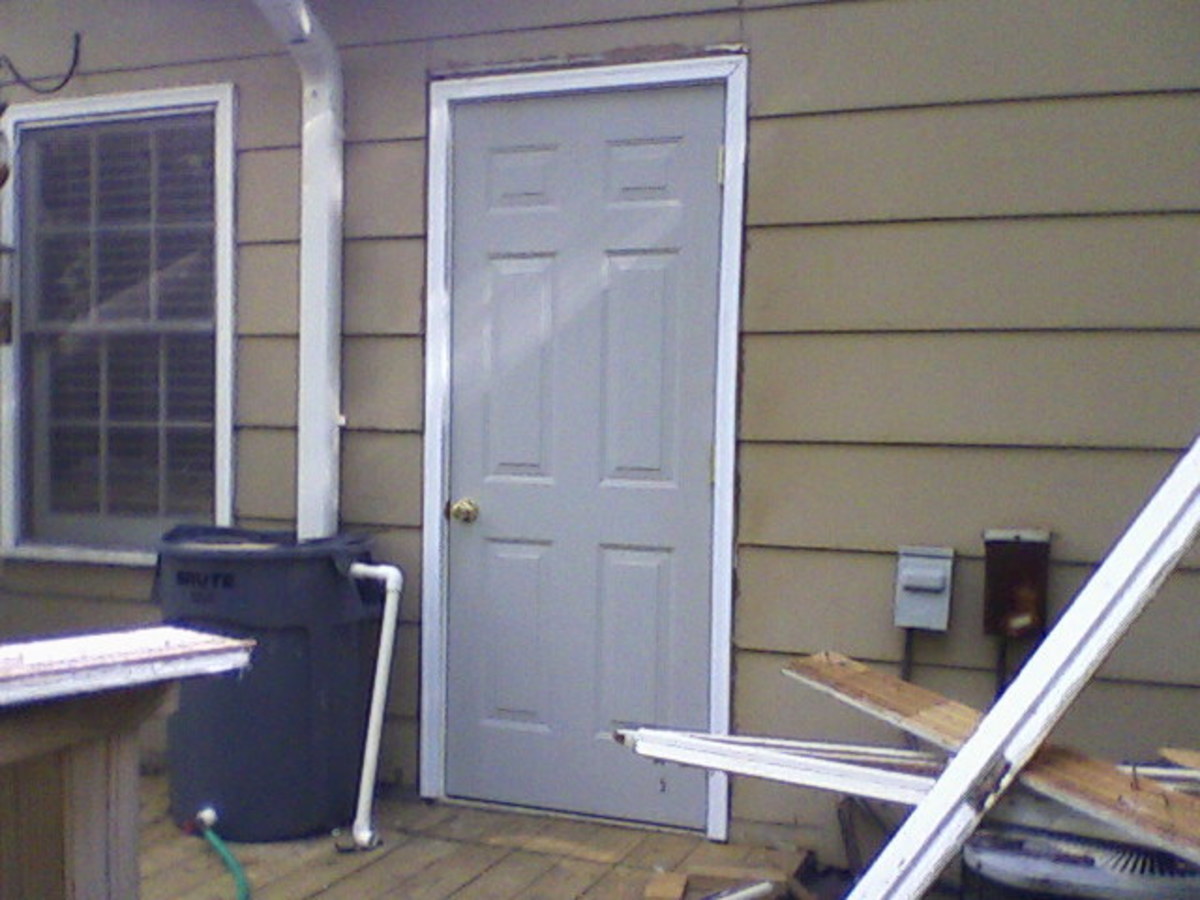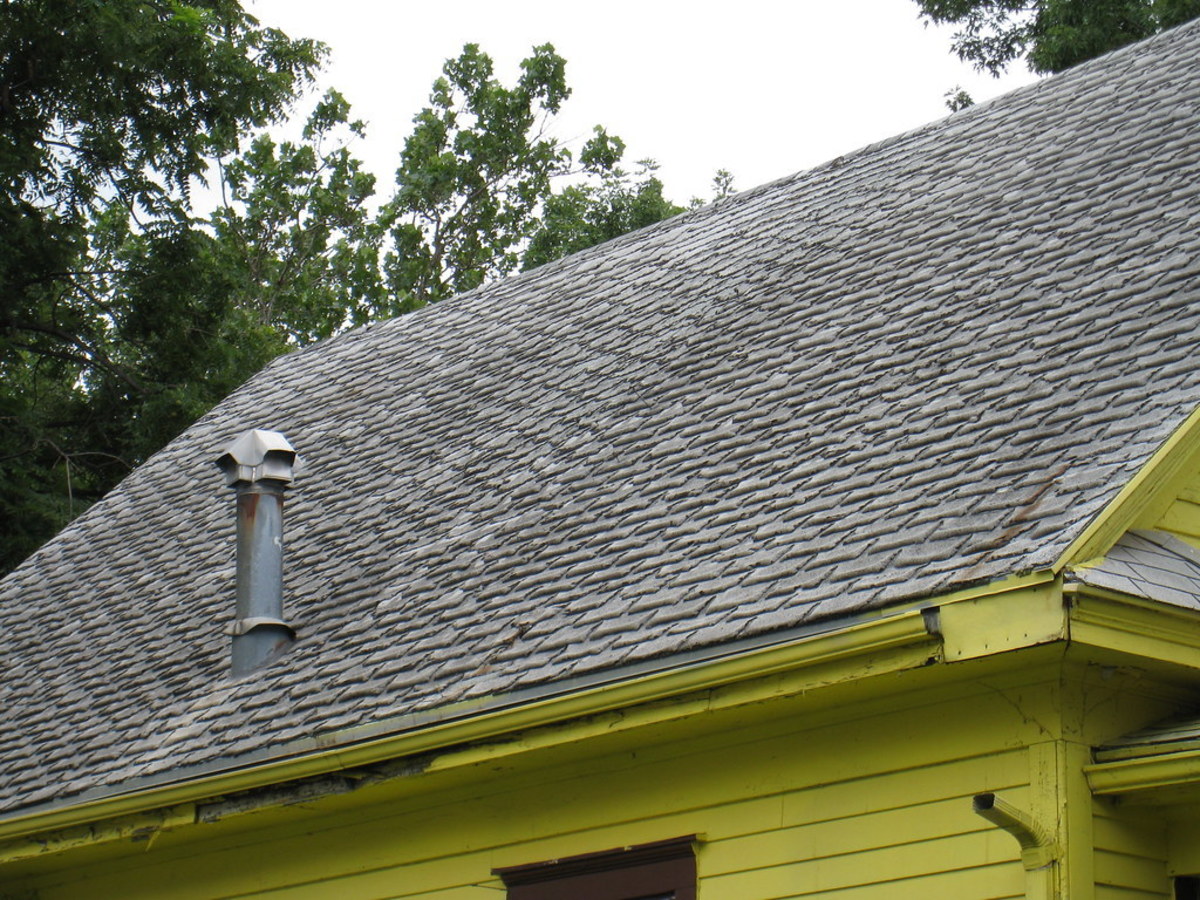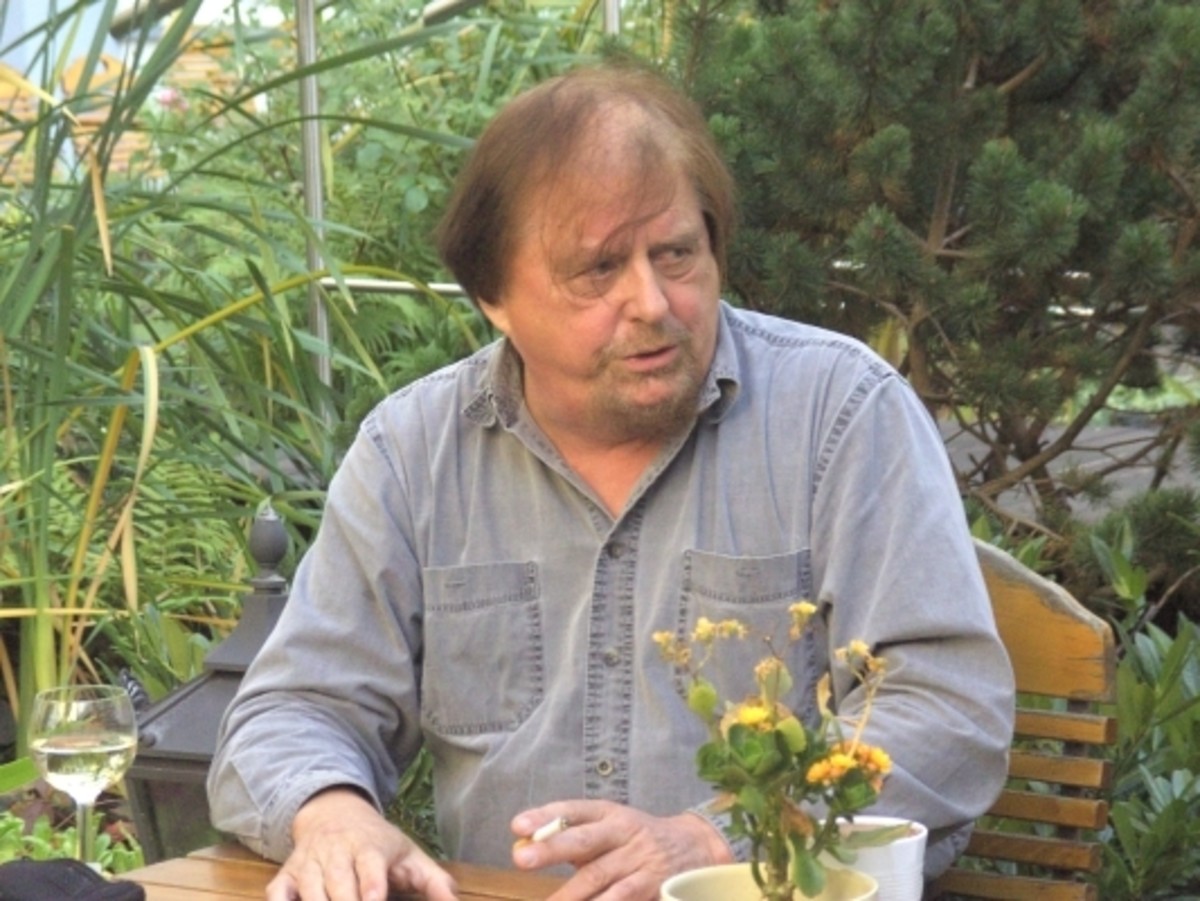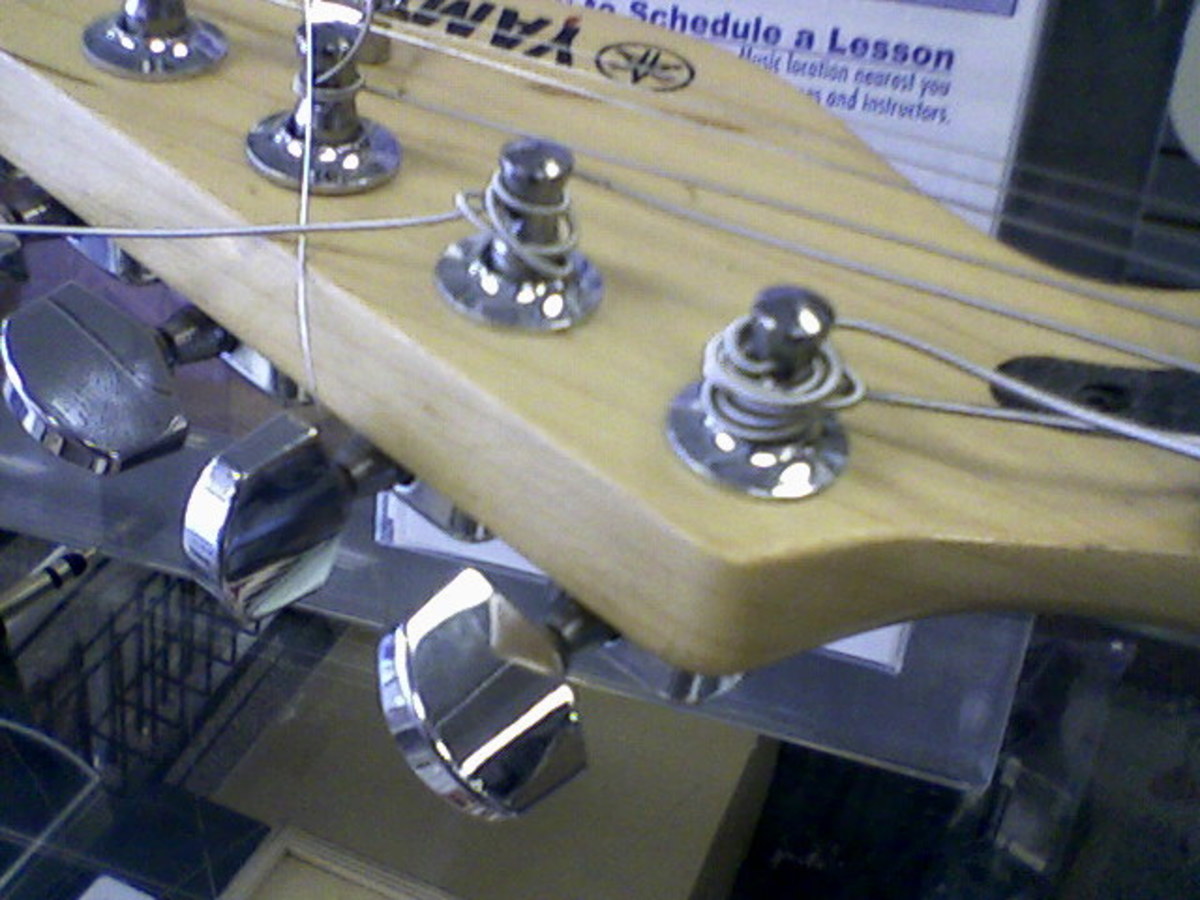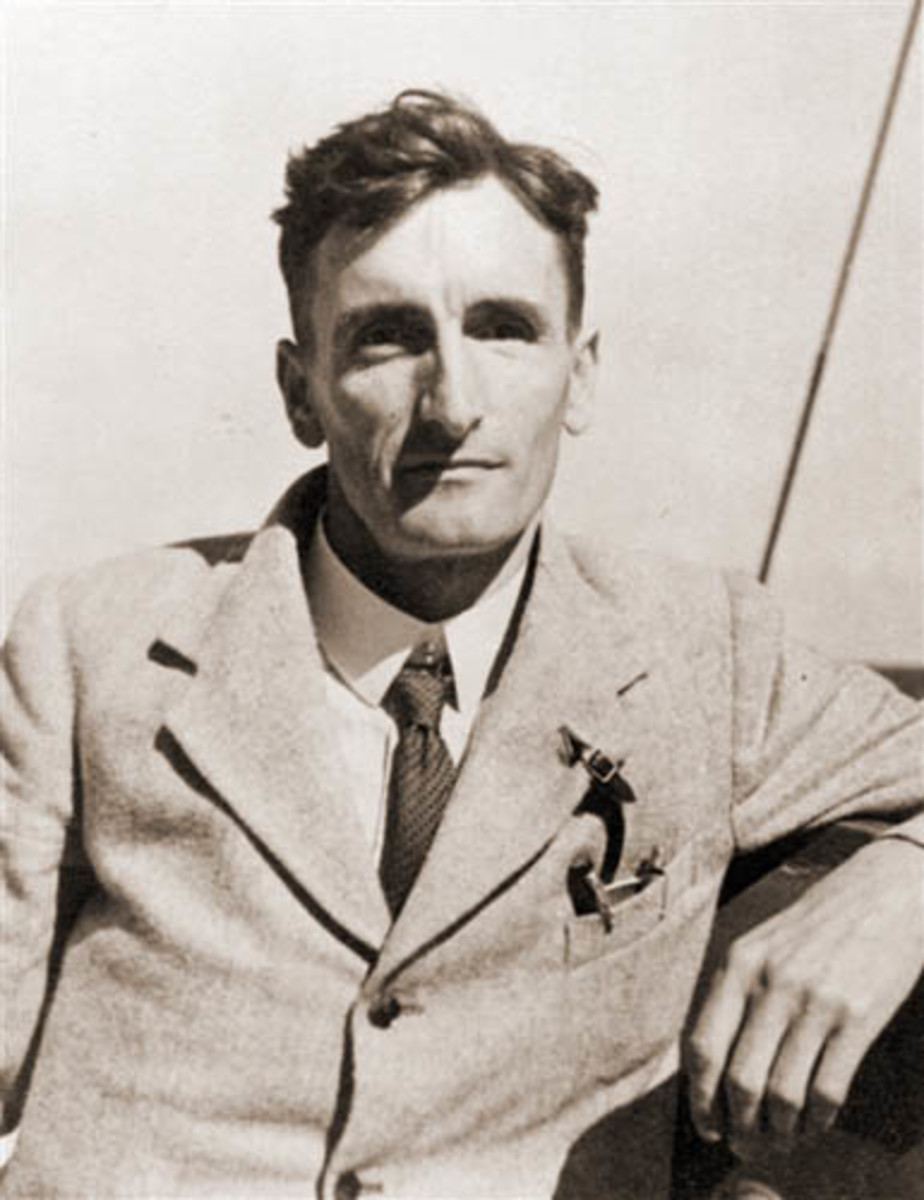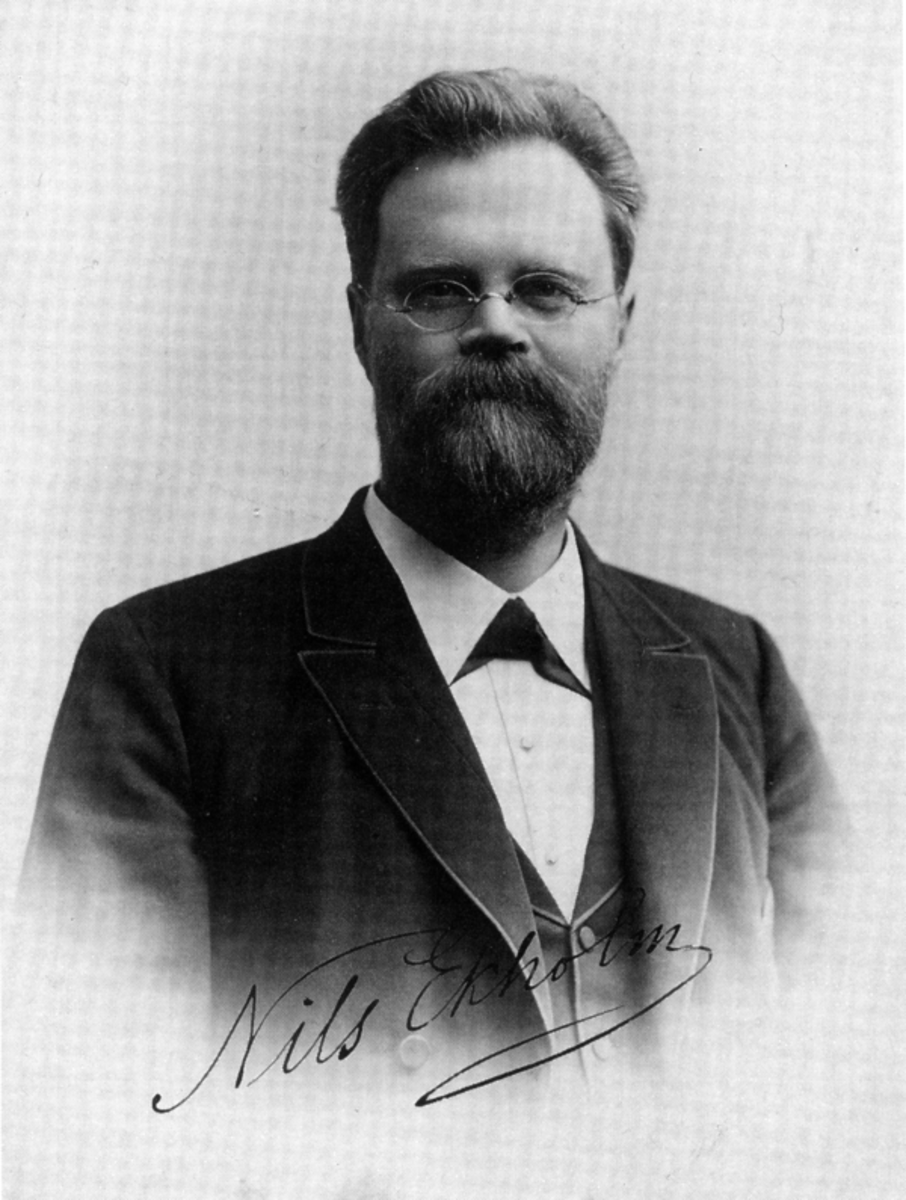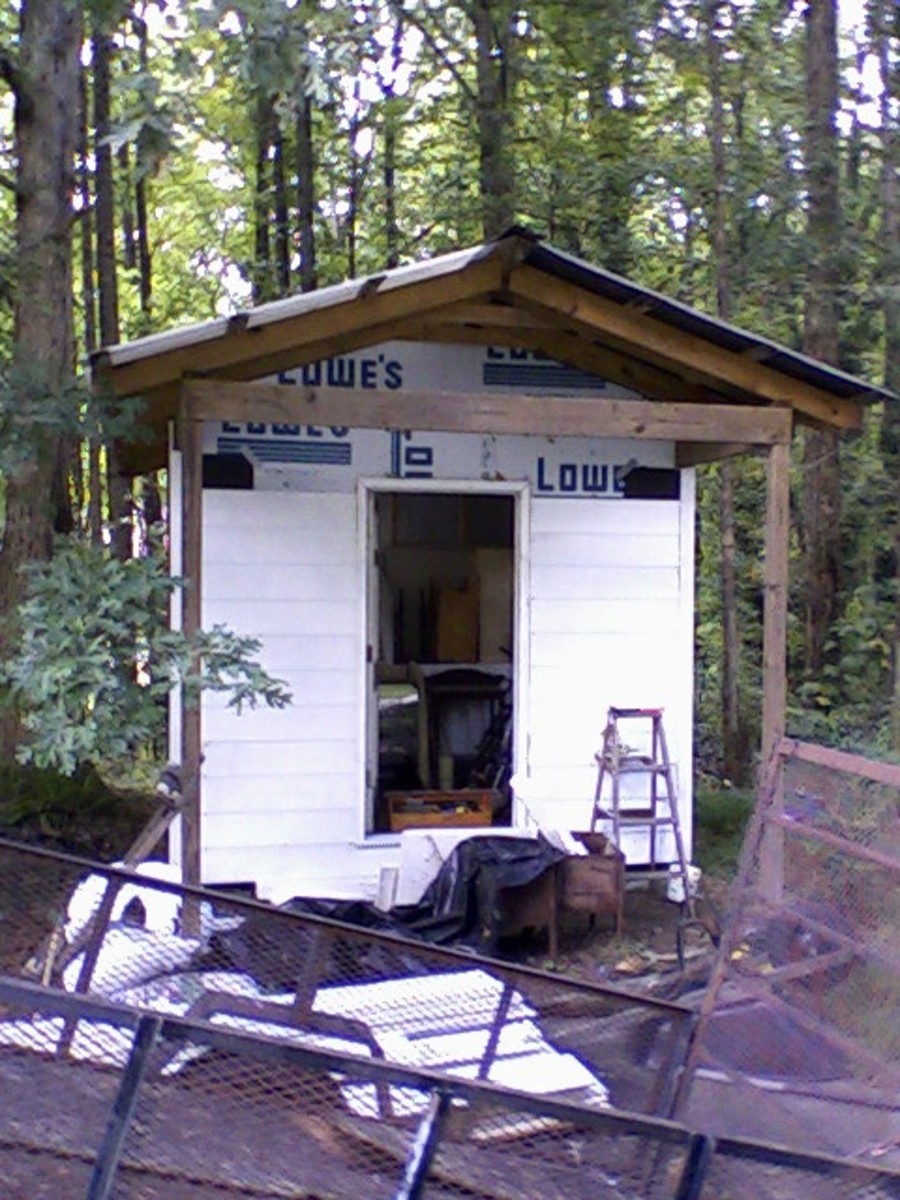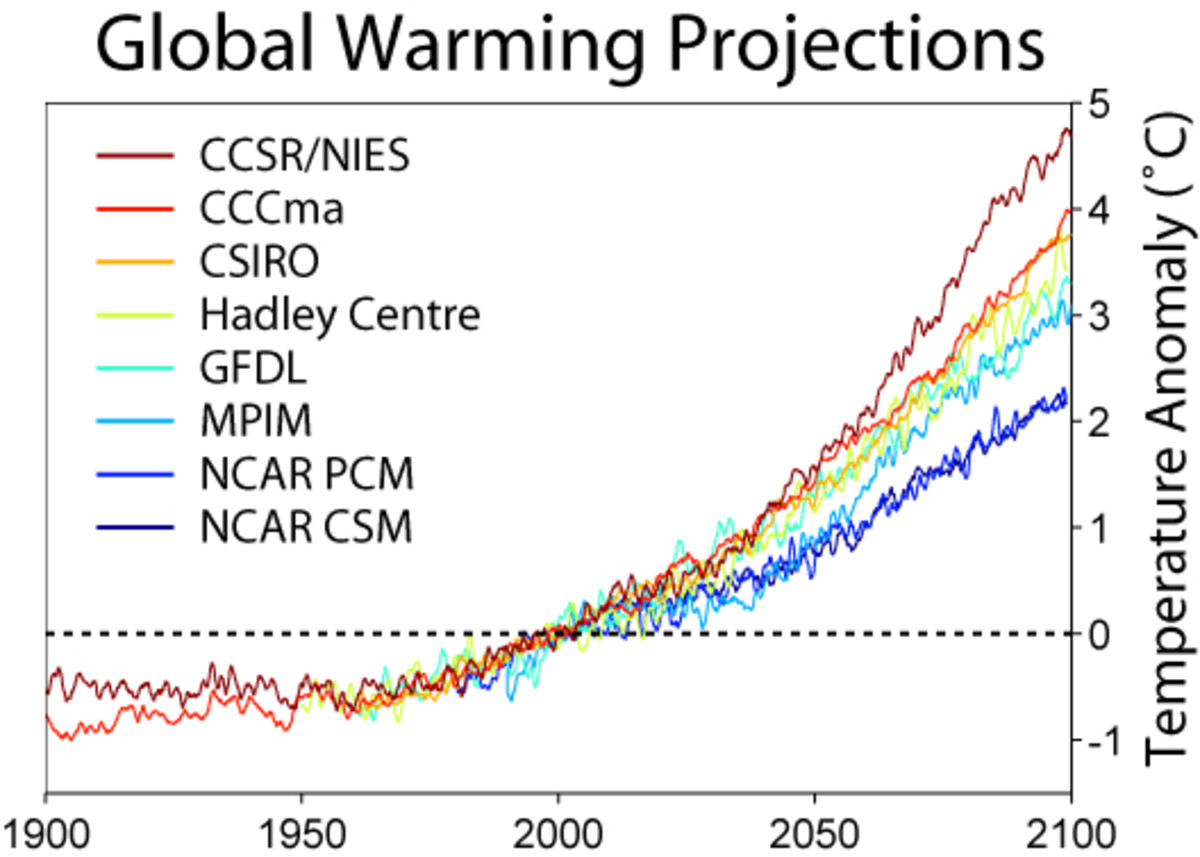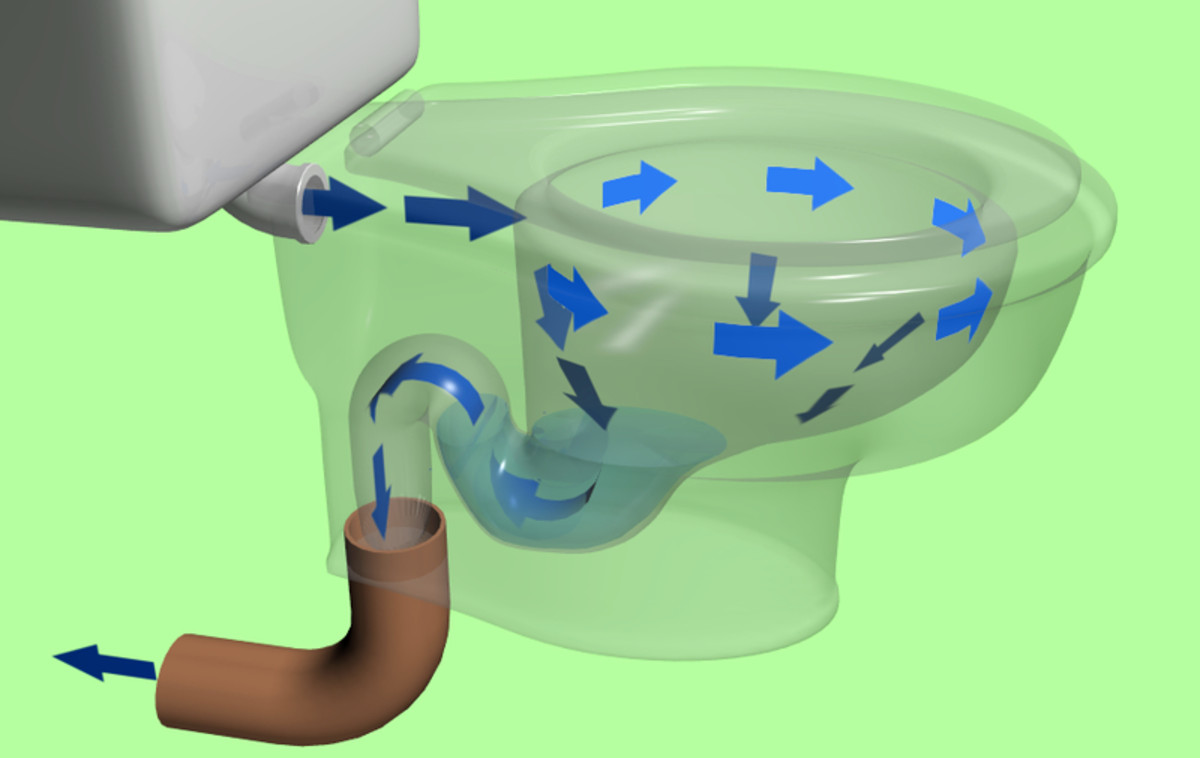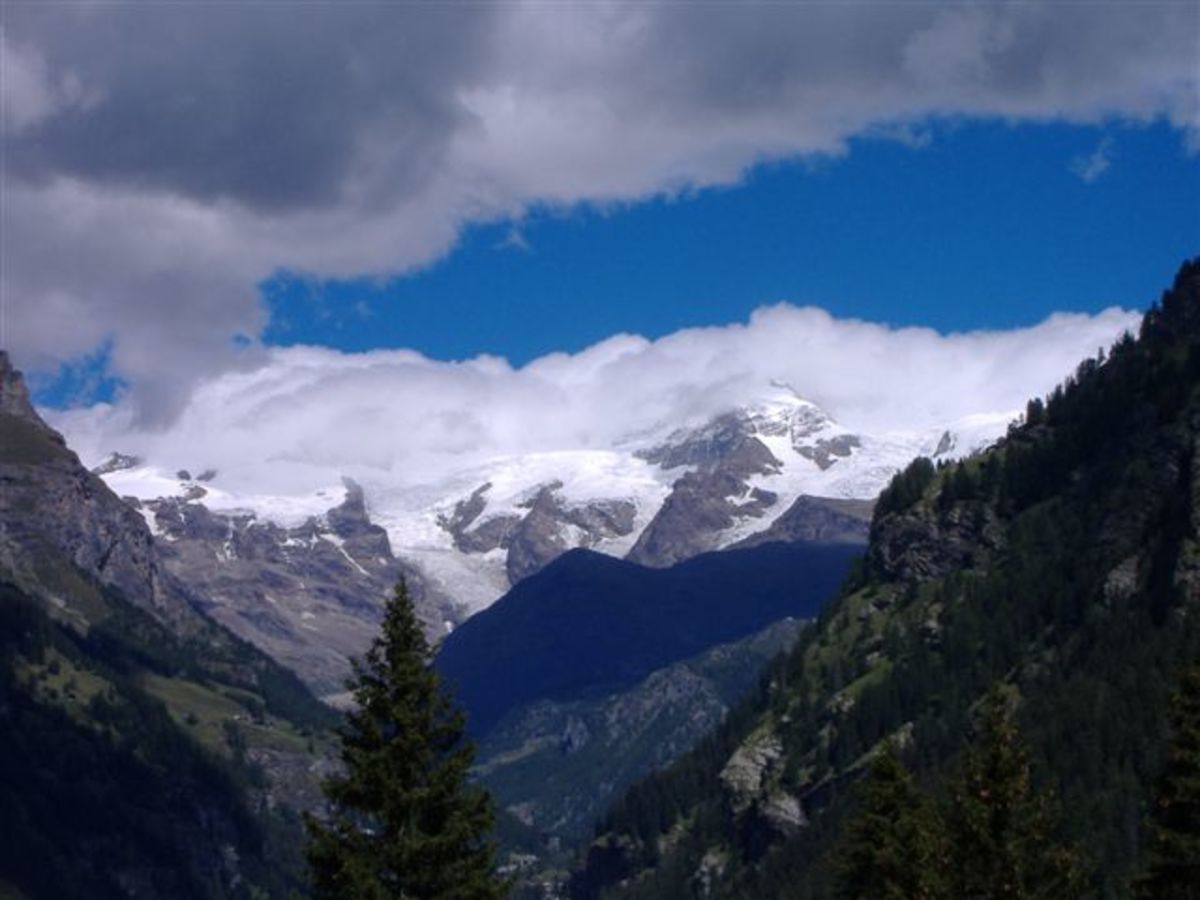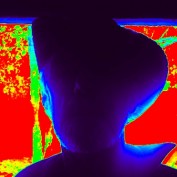 81
81- 2
Bring Audio Into Your Computer: Build an Audio Breakout Box
You want to get audio into your computer, but there's just a headphone jack. What are your options? This article will show you how to build your own audio breakout box out of salvaged parts.
- 3
How (Not) to Clean Up Woody Hurricane Debris
Cleaning up woody debris is often the primary task following a hurricane or other wind disaster. Here are some practical tips to help you cope or prepare.
- 30
An Open Letter to VP Pence Regarding Climate Change
Vice President Pence wondered why climate change is a "paramount issue for the left?" Here, his question is answered.
- 44
Dear Friends: Time For Climate Action
Climate change is real, and due to human activity. The accession of climate denial to control of the US federal government is a clear and present danger to all of us. What can be done?
- 1
How to Install a Pickup in Your Ukulele
Though the ukulele never quite goes away, now it's "back again." But being heard in a band situation can be tough without a pickup. Here's how to install one without much fuss or expense.
- 35
Elizabeth Kolbert's "The Sixth Extinction": A Summary Review
Elizabeth Kolbert's "The Sixth Extinction" won the 2015 Pulitzer for non-fiction, deservedly, for its blend of places, people, creatures and science. Get the gist in this lavishly illustrated Hub.
- 10
Flame In Darkness: The Paris Accord
Live-blogging the presentation of the text of the new Paris Accord: wisdom, folly, hope, and suspense. Can we call ourselves 'sapiens' once again?
- 711
How Accurate Are Climate Change Predictions, Really?
A 'challenge Hub' documenting numerous successful climate change predictions--great and small.
- 3
Part-writing Seventh Chords: The Half-diminished Seventh Chords
The second of Doc's series on part-writing seventh chords: clear explanations and interactive exercises to help you master the essential skill of part-writing half-diminished seventh chords.
- 30
How Do We Know That Climate Change Will Be Mostly Bad?
What should we do about climate change? The answer is subject to intensely polarized debate. What information is trustworthy? Here's how we know climate change will be mostly bad.
- 12
How Do We Know That Global Warming Is Affecting Our World?
What do we do about climate change? The answer is subject to intensely polarized debate. What information is trustworthy? Here's how we know that global warming is changing our world.
- 20
How Do We Know That Humans Are Responsible For Rising CO2?
What do we do about climate change? The answer is subject to intensely polarized debate. What information is trustworthy? Here's how we know that humans are responsible for rising CO2.
- 36
How Do We Know That CO2 Is Warming The Planet?
What do we do about climate change? The answer is subject to intensely polarized debate. What information is trustworthy? Here's how we know that CO2 warms the climate.
- 22
Puny Humans: Can We Change The Course Of Nature?
Some think that humans are too 'puny' to 'change the course of nature', so the theory of human-induced climate change must be wrong. But how special does a species have to be to change the world?
- 18
The Renewable Energy Revolution: What's Going On?
Is the "renewable revolution" for real? Deployment has been exploding, and prices plummeting, but is it enough to solve the carbon crisis? Can these trends be sustained? A search for answers.
- 9
Part-writing Seventh Chords: The Dominant Seventh Chord
The first of Doc's series on part-writing seventh chords: clear explanations and interactive exercises to help you master the essential skill of part-writing the dominant seventh chord.
- 0
The Three Degree World
Summary table and comments for "Three Degrees," according to Mark Lynas's "Six Degrees," with updates (as available.)
- 12
Six Degrees: Choosing Our Future
"Choosing Our Future" is the culminating chapter of Mark Lynas's "Six Degrees." In it, possible strategies for the preservation of human prosperity--and, indeed, culture--are examined.
- 0
The Six Degree World
Summary table for "Six Degrees," a chapter in the book of the same name, by Mark Lynas. Updates to be added, as available.
- 0
The Five Degree World
Summary Hub (with table of potential impacts) for "Five Degrees," from Mark Lynas's "Six Degrees." Updates included as available.
- 2
The Two Degree World
Summary table for the "Two Degree World," according to Mark Lynas's "Six Degrees," with updates (as available.)
- 10
Mark Lynas's "Six Degrees": A Summary Review
Mark Lynas's "Six Degrees" is a modern classic outlining the potential effects of various levels of global warming. It's summarized, evaluated, and updated here, with links to seven supplementary articles.
- 131
Climate Change: How Much Time Do We Have?
Climate change is increasingly recognized as being observable today. But if we want to do something about it, how much time do we have to do so? Personal and scientific reflections on this question.
- 21
400 Now: A Climate Change Milestone
In May 2013 the iconic Mauna Loa Observatory measured a daily carbon dioxide value above 400 parts per million, a 40% human-driven increase. But we aren't the first to transform Earth's atmosphere.
- 16
How (Not) to Repair Your Wheelbarrow
Wheelbarrows get old, but that doesn't necessarily mean they must be replaced. Here's how one common model was rejuvenated instead.
- 18
Arctic Sea Ice Melt 2013: Looking Forward, Looking Back
With the spring Equinox, the 'melt season' begins. What do 2012's record Arctic sea ice lows mean? And what do we know about the science and politics of sea ice?
- 19
Off-Beat and Budget-Friendly: An Atlanta Outing
There's nothing wrong with Turner Field and Coca-Cola World, but you can spend less off the beaten track while getting just as much local flavor. Here's a fun half-day outing for a rainy day.
- 8
Part-Writing Inverted Chords: Second-Inversion Patterns—Arpeggio & Neighbor
Part-writing second-inversion triads is paradoxically both easier and more 'dangerous' than root-position or first-inversion triads. Find out why here--and learn to navigate the tricks and traps with video examples and interactive practice questions!
- 10
Part-writing Inverted Chords: Mediant, Submediant & Leading Tone Triads
Part-writing is an essential discipline in really mastering traditional music theory, and triads in inversion add great nuance and musical flexibility to the harmonic palette. This Hub examines usage of triads built on 3rd, 6th, and 7th scale degrees, helping you build skill with video examples...
- 14
Not. One. Word.
The economy, foreign policy, justice--all weighty issues touched upon in the Presidential and Vice-Presidential debates of 2012. But the issue that will shape more lives for good or ill for longer was conspicuous by its absence.
- 3
Part-writing Inverted Chords: Primary Triads In First Inversion
How to use inverted triads in common-practice four-part writing. Learn to write tonic, dominant and subdominant in first inversion--these explanations, illustrations, and practice examples make it easy! (Follows a previous series on part-writing root-position triads (linked.)
- 40
Sea Ice Loss 2012: What Do The Records Mean?
Labor Day 2012 saw shocking new record lows for Arctic sea ice--and the records continued dropping. Here's the larger context, and why you should care.
- 34
Republican National Convention Ironies, 2012
The Republican National Convention of 2012 was a slick media production, and pushed all the right buttons, from heart-felt to humorous. But outside the walls, the real world presented much more heart-breaking stories, and much darker humor.
- 15
A Love Story And A Clearance Sale
Arctic sea ice is 'far away' for most of us--but will it become 'long ago', too? There's reason to fear just that--here's why the author cares, and why more practically-minded readers should, too.
- 24
Washer Not Spinning? Try This First!
I discovered an inexpensive DIY fix after the two washing machines in my life both quit with the same problem. Find out if the solution will also fix your washer blues!
- 43
How to Change the Water Filter in a Samsung Twin-Door Refrigerator
It is much less difficult to change a fridge door water filter than many people think. Here's how it works for the Samsung RS265TDRS fridge water filter.
- 4
Our Disaster: What Happened
With Hurricane Sally passing, I remember. April 4-5, 2011, saw severe weather in the Midwest and South--thunderstorms, tornadoes, and a little something called the "Great Derecho". Here's how it affected us--and what you can do today.
- 6
How (Not) To: Two Cheap Facelifts For Used Wood Dressers
Refreshing tired dressers can be easier and faster than you might think--and can deliver great value. Here's a case study!
- 5
Global Warming Science In The Age Of Washington And Jefferson: William Charles Wells
Some argue that greenhouse warming is thermodynamically impossible. But observations and experiments going back as much as 350 years tell a different story. Among the first to study radiation in the atmosphere was an unassuming Scots-English doctor, William Charles Wells, of Charleston, South...
- 3
Part-writing Chords: Minor Keys II
This, the second of two Hubs on part-writing in minor keys, teaches useful voice-leading patterns for writing mediant, sub-mediant, and sub-tonic triads. Tricks, traps, and practice questions to build your skill!
- 1
Part-writing In Minor Keys I
Part-writing in minor keys, the sixth in a series of Hubs on the skill of part-writing, looks at issues and common voice-leading patterns in writing root-position tonic, dominant, subdominant, and supertonic triads in minor keys. Each example is given as a video, so that it can be heard as well as...
- 13
Part-writing Chords: Mediant and Submediant I
The triads built upon scale degrees 3 and 6--the mediant and submediant chords--are the least common but also the most colorful diatonic triads. Learn (and practice) their common patterns of usage here!
- 5
Strange Days Again: Remembrance And The Doors' Sophomore Album
Music and memory intertwine: The Doors' most innovative album, "Strange Days," analyzed and remembered. What it was, is, and why it mattered so much to me.
- 4
Part-writing Chords: Supertonic I
Learn to use the 'ii' chord in true Classical style with essential concepts, practice exercises, and audio-video examples. This fourth Hub in Doc Snow's series on part-writing teaches you proper doubling and voice-leading, highlights "root motion by third," and basic chord substitution.
- 1
Part-writing Chords: Subdominant I
Third in a series, this Hub examines the use of the subdominant chord--the "IV chord"--in traditional ("common-practice") harmony, giving practice exercises. Topics discussed include the IV chord's function and part-writing, parallel fifths and octave, similar fifths and octaves, and the use of...
- 4
Part-Writing Chords: Tonic And Dominant I (Exercises)
A companion to "Part-Writing Chords: Tonic And Dominant I," this Hub consists of practical exercises to build skill in part-writing tonic and dominant chord connections. Get to know I-V-I in many different keys and different voice leadings, one click at a time! Includes chart of vocal ranges.
- 21
Soft On Terror, Or Hard On The Constitution?
The US Congress seems poised to create a new Star Chamber with the "Battlefield USA" language contained in the about-to-pass National Defense Authorization Act. Can they possibly be that foolish?
- 6
Part-writing Chords: Tonic And Dominant I
How to write the most common Classical chord progression, with audio/video examples and easy-to-understand explanations. The concepts of a "lead sheet," of chordal "voices," of "spacing" and "doubling," of the "leading tone" and of "relative motion" are all explained. It's a simple--but not...
- 7
Andrew Weaver's "Generation Us: The Challenge Of Global Warming"--A Summary Review
Andrew Weaver's "Generation Us: The Challenge Of Global Warming" is a "RapidReads" book--a "plaine and easie" introduction to climate change, readable in a couple of hours. Learn more about it here!
- 7
Top 10 Music Practice Tips: How to Get Better Faster
"Practice, practice, practice!"—but what about practicing *smarter*? This article gives 10 useful tips to do just that. Get better, faster!
- 25
Fire From Heaven: Climate Science And The Element Of Life--Part Two, The Cloud By Night
The solar 'fire' sustains us--but it's not just the direct solar radiation we need; there's also the less intense 'fire' of thermal radiation from the atmosphere, often called 'backradiation.' Harder to measure than the direct solar fire, it nevertheless plays a crucial role in maintaining a...
- 1
Fire From Heaven: Climate Science And The Element Of Life--Part One, Fire By Day
We depend upon the 'fire' of solar radiation for our very lives. But how intense is this fire? Does it change? Here's the story of these questions and their answers--and of the people investigating them.
- 26
"Green Fascism": Let The Facts Speak
Activists, researchers and ordinary people expressing their concern about climate change have been called "eco-Nazis" or "green Fascists." Yet it is they who have been vilified, suppressed and threatened. It's a story that has been largely unreported--read it here!
- 6
Understand Chords: Tensions--"Sus" and "Add" Chords (Part Five Of A Series)
Chords with "tensions" often confuse because of the their similarities with extended chords--ninths, elevenths and thirteenths. But "sus" and "add" chords add a lot of variety to contemporary harmony. Learn the basics of extended chords by reading--and listening to--this Hub!
- 17
How to Repair Wooden Chairs and Fix Broken Stools
Many broken chairs and bar stools can be fixed and put back in service with little effort or expertise. Here's how!
- 3
Understand Chords: Beyond Triads --Seventh Chords (Part Three of a Series)
In traditional harmony, seventh chords are the next step up in complexity from triads; they give many more available colors to composers. Learn the basics about seventh chords here!
- 76
When Did Global Warming Stop?
We often hear claims that "global warming stopped" in such and such a year. What basis is there for these claims, and who is making them?
- 8
Pet Doors: How (Not) to Install Them
If you have an animal companion in your home, it can do wonders for the satisfaction of all concerned to allow free access to the outdoors. It can be easier (and less expensive) than you might think. Read how—and how not—to do it here!
- 3
Understand Chords: Chords In Keys (Part Two of a Series)
Chords are important musical building blocks, of course, but they aren't just isolated 'things.' Rather they belong more or less naturally in certain 'keys.' Learn about them here!
- 12
Water Is A Dancer: Climate Science And The Element Of Change
The famous "blue marble" photo of the Earth shows a water planet. But water, "the element of change," is important to Earth in less obvious ways, too. Here's how it operates as a greenhouse gas.
- 12
Understand Chords: What's a Triad?
Chords are a musical basic, but what are they, really? Here's a beginner's guide with written and audio examples.
- 8
Exterior Doors: How (Not) to Install Them
Learn how to replace an exterior door with this illustrated guide!
- 20
Eaves and Fascia Board Repair: How (Not) to Fix Them
Replacing fascia boards? If you have traditional wooden fascia boards on your eaves, they will need maintenance. Here are some tricks to make it easier and traps to avoid.
- 5
Lavender: The Best Little Asian Bistro In Gwinnett County, GA
If you're looking for great Chinese and Thai cuisine, a friendly yet elegant atmosphere, great service and reasonable prices, you can find it at Lavender. Read more here--including how to get there!
- 2
Three Terrific Parks In Gwinnett County, GA
Looking for some great outdoor recreation in Gwinnett County, Georgia? The Gwinnett County Park system is a source of justifiable pride. Read about three of its "jewels" here!
- 20
Gwynn Dyer's "Climate Wars": A Summary Review
An enhanced-content review of Gwynne Dyer's "Climate Wars" (2010.) Climate change is of deep concern to national security professionals the world over. Find out what they are worrying about.
- 2
String (or Restring) Your Guitar: How (Not) To Do It
An illustrated guide to restringing an acoustic guitar. If you've been too intimidated to try this yourself, pluck up your courage and save yourself $15!
- 0
Printable Blank Sudoku Grid
A free printable blank Sudoku grid, all ready for your deepest Sudoku thoughts.
- 15
Global Warming Science And The Wars: Guy Callendar
Guy Callendar lived through the tumults of early and mid-twentieth century England, doing technical and defense work. It's ironic that his innocent hobby led right back into the most polarizing political issue in the United States today. Read the story of the man who brought climate change...
- 9
Global Warming Science, Press, And Storms: Nils Ekholm
Scientists are expected to live and die on the quality and integrity of their data analysis—but usually that is a metaphor. Not for Nils Ekholm! Read the story of this remarkable scientist, self-made man and sometime Arctic explorer!
- 21
Lap Siding: How (Not) To Install Hardiplank And The Like
Applying lap siding needn't be terribly difficult. Here's a detailed photo guide to the process--as it works in the real world.
- 19
James Hoggan's "Climate Cover-Up": A Summary Review
You've been lied to. That's the message of "Climate Cover-Up," by PR professional James Hoggan. Find out when, how, and by whom in this enhanced-content review.
- 18
David Archer's "The Long Thaw": A Summary Review
"The Long Thaw" is a modern classic of science exposition, setting forth the physical basis for how the greenhouse effect and Earth's carbon cycle work. Get the gist with this enhanced content summary review.
- 3
Global Warming Science And The Dawn Of Flight: Svante Arrhenius
In 1896, Svante Arrhenius published a scientific paper containing the first mathematical model of CO2-induced global warming. It took him a year of laborious hand calculation, and proved quite influential. But he couldn't have done it without the work of American astronomer and aviation pioneer...
- 33
Low-flow Toilets: How (Not) To Install One
More and more folks are changing to the newer, more environmentally-friendly low-flow toilets. You can save a bunch by doing it yourself. Take the intimidation factor out by using this elaborately detailed photo-illustrated real world guide.
- 7
Broecker & Kunzig's "Fixing Climate": A Summary Review
Dr. "Wally" Broecker is a "grand old man" in the field of climate science, having correctly predicted the global warming trend we've all been living with back in 1975. Here's his story, and his take on what we should be doing, in an enhanced-content summary review of his 2008 book, "Fixing...
- 8
Global Warming Science In The Age Of Queen Victoria: John Tyndall
John Tyndall, a one-time railway surveyor, made himself one of the most prominent physicists of nineteenth-century Britain. But today he's remembered best for his discovery of the mechanism of the greenhouse effect. Read about his remarkable life and work here.
- 6
Global Warming Science At The Barricades: Claude Pouillet, The Sun, And 1849
Claude Pouillet rose from obscurity to become a scientist, educator and legislator. He was the first to make a reasonably accurate estimate of the so-called "solar constant." Read about his dramatic life here!
- 18
Global Warming Science In The Age Of Napoleon: Joseph Fourier
Some think that the story of global warming science began in the 1990s. But the first paper on the topic was written by a scientist and mathematician who was also an administrator in the government of Napoleon Bonaparte! Read about the life and work of Joseph Fourier here.
